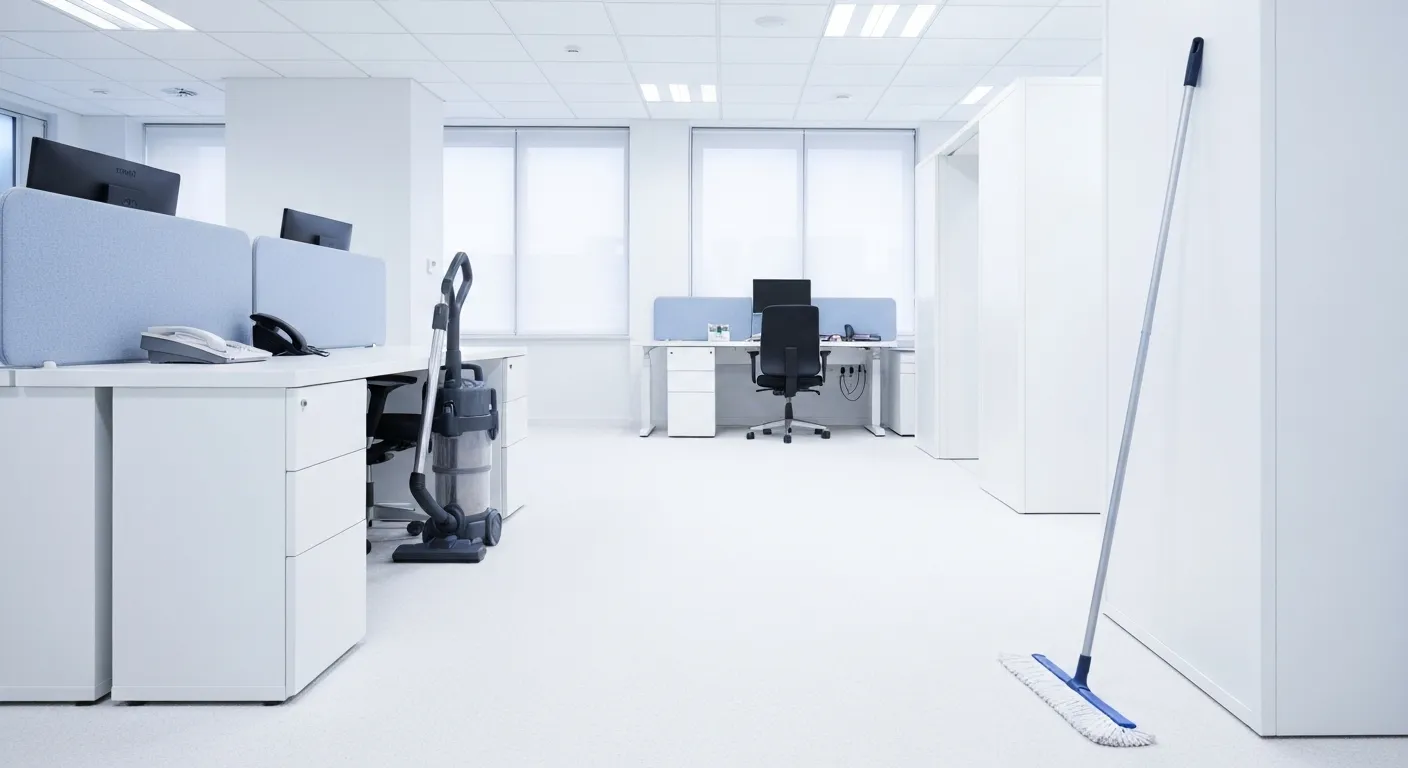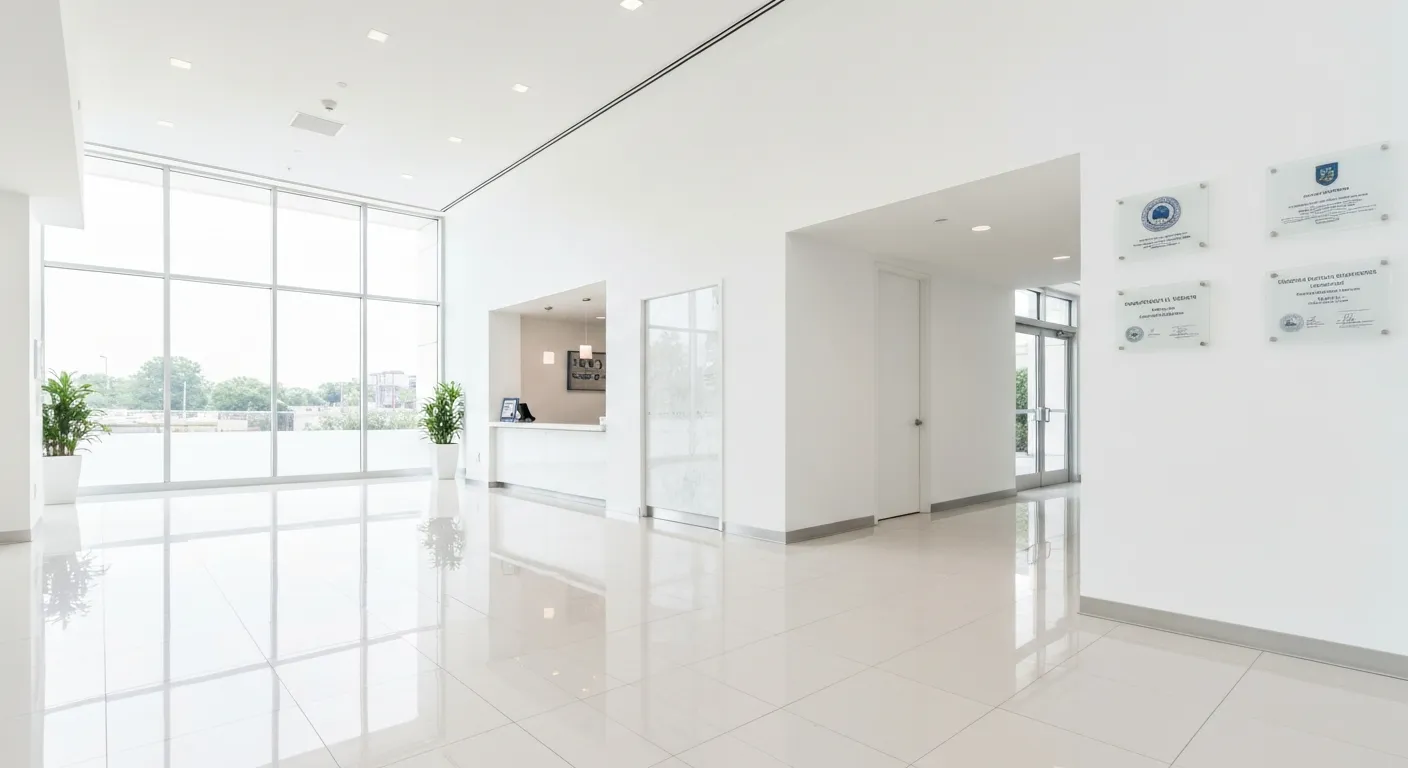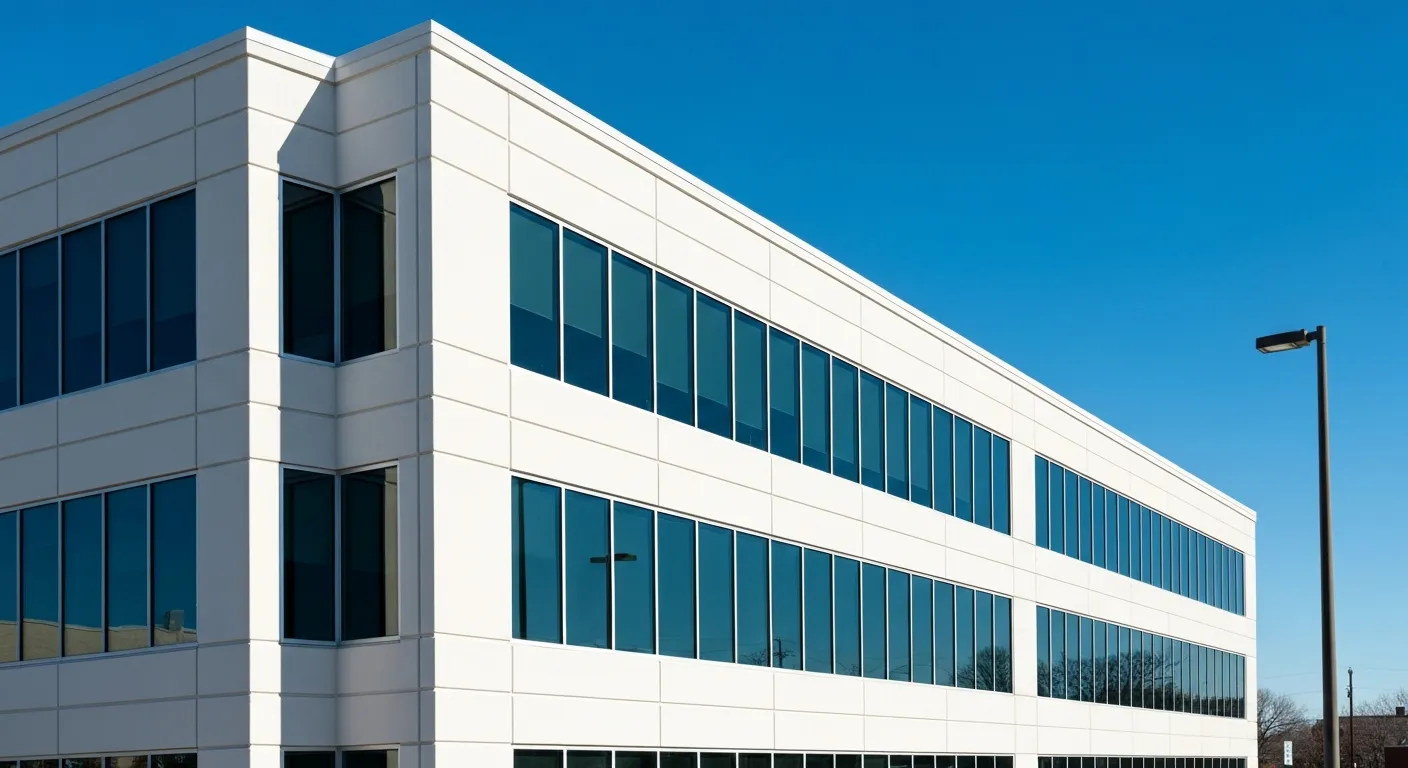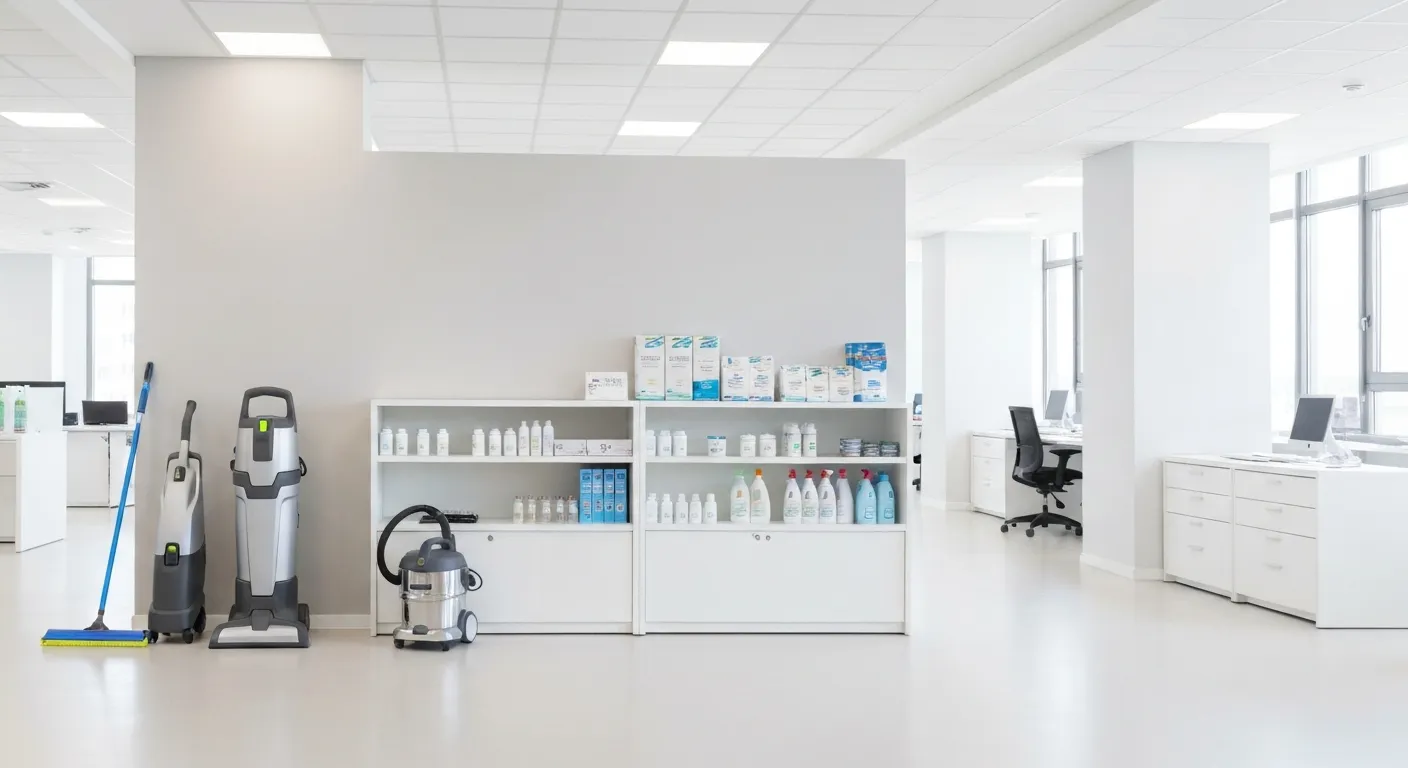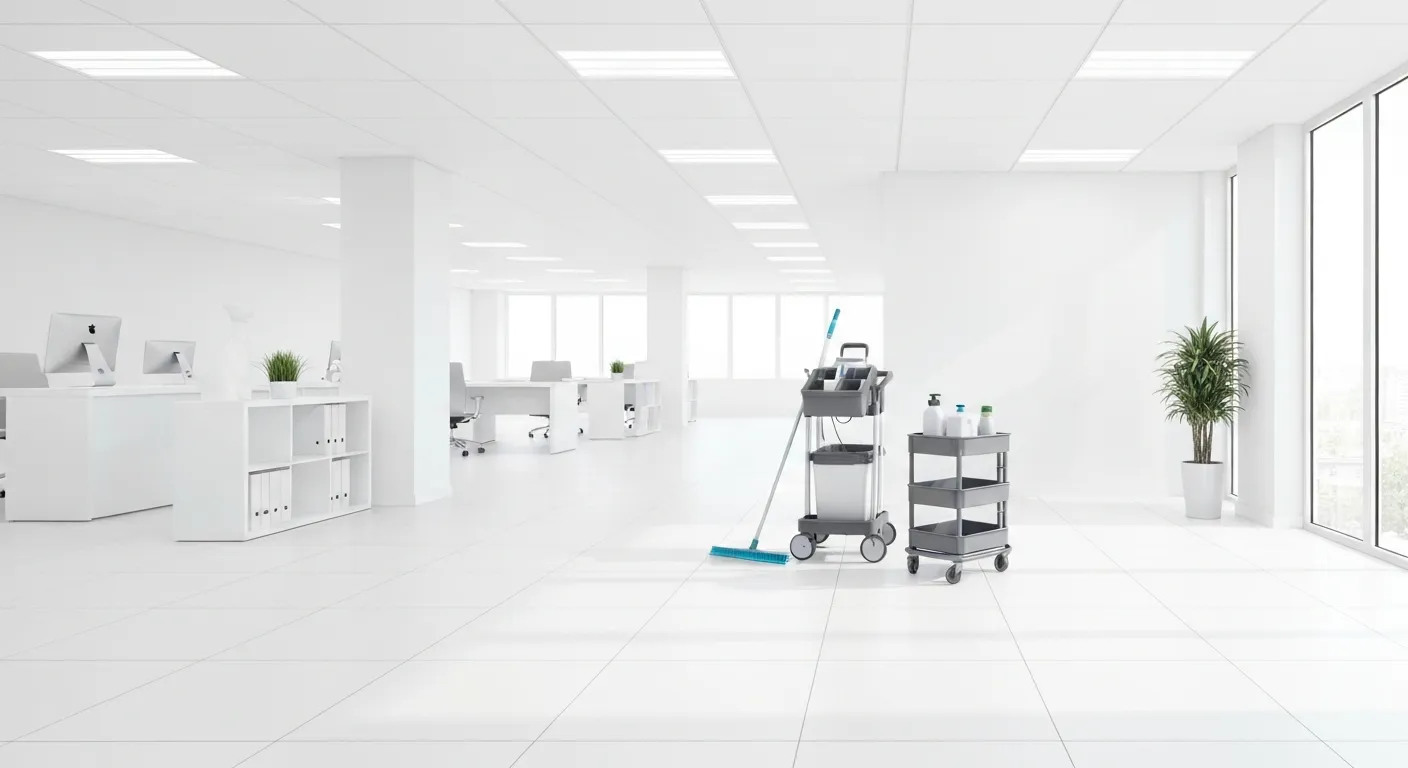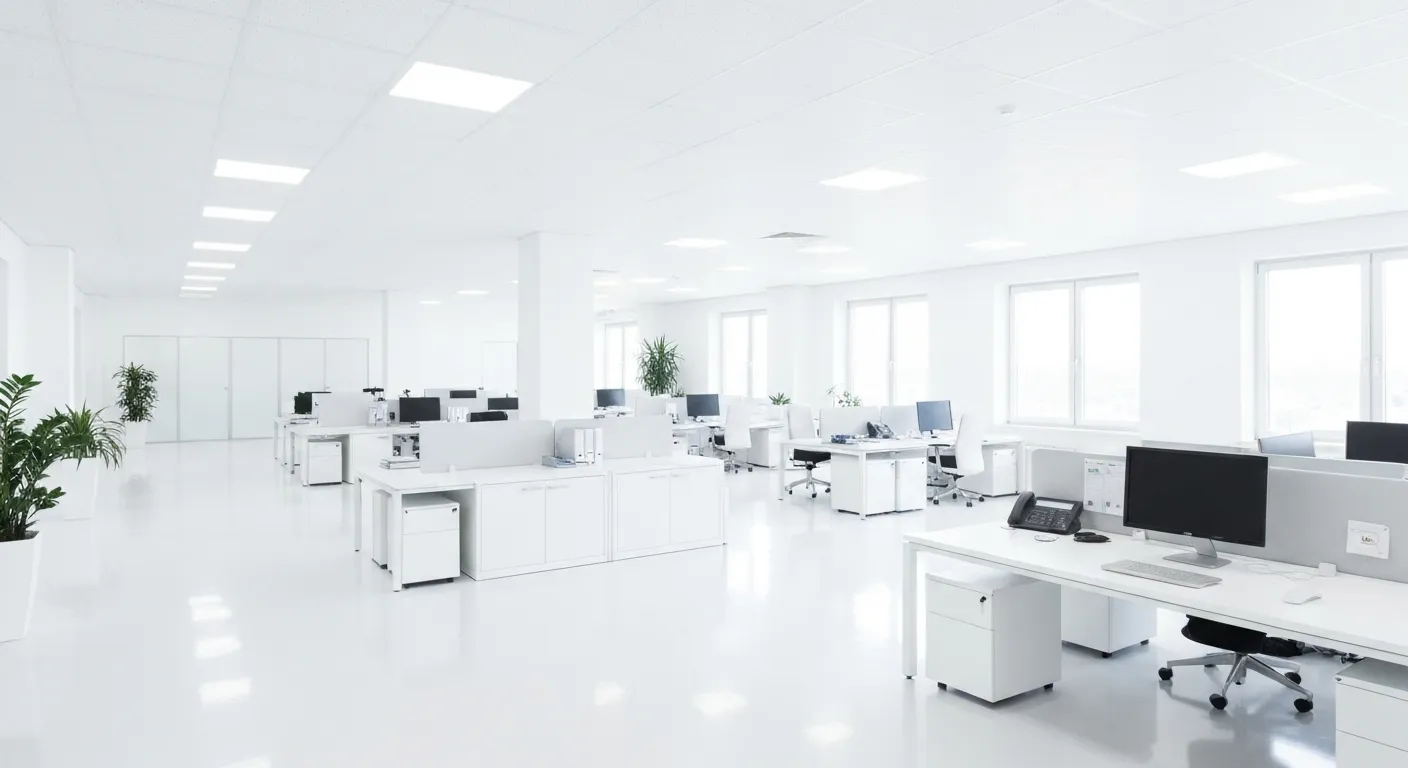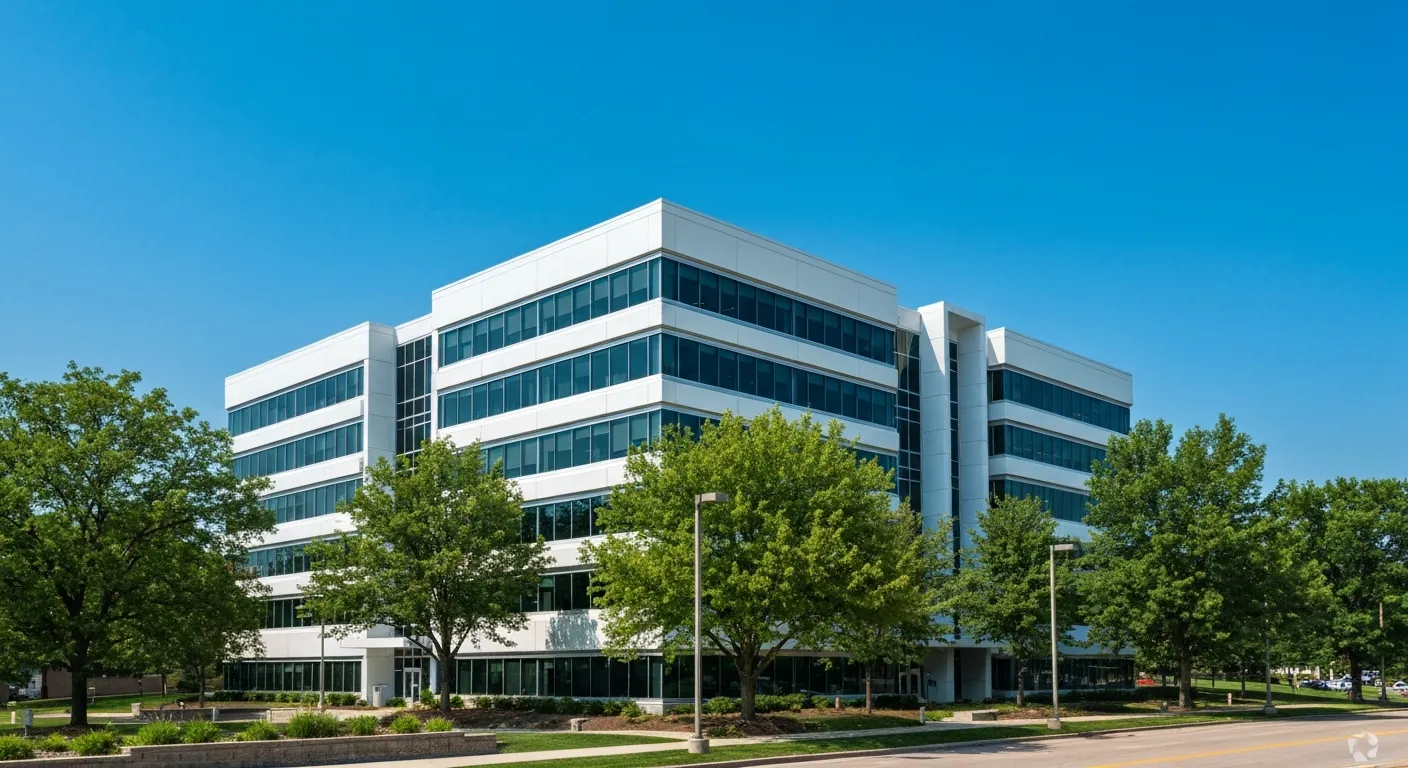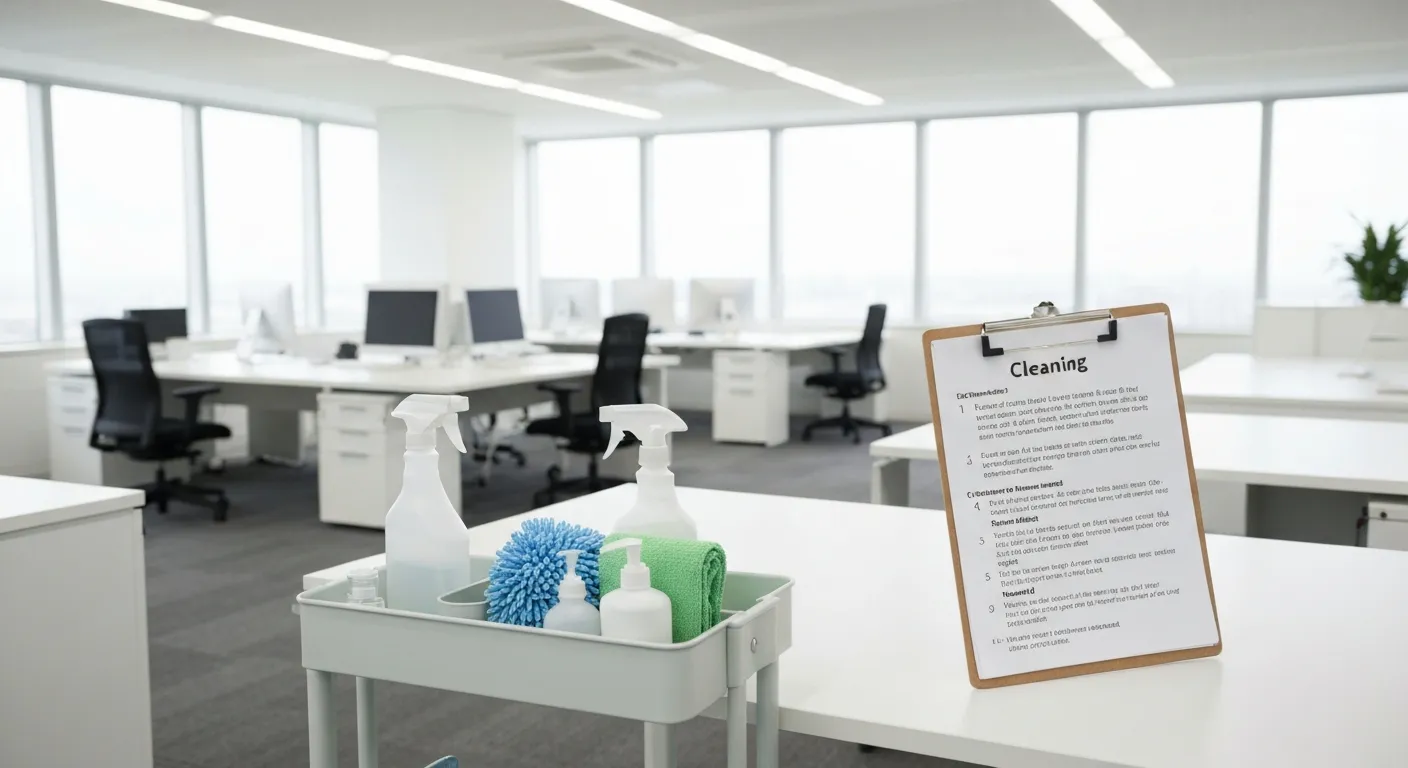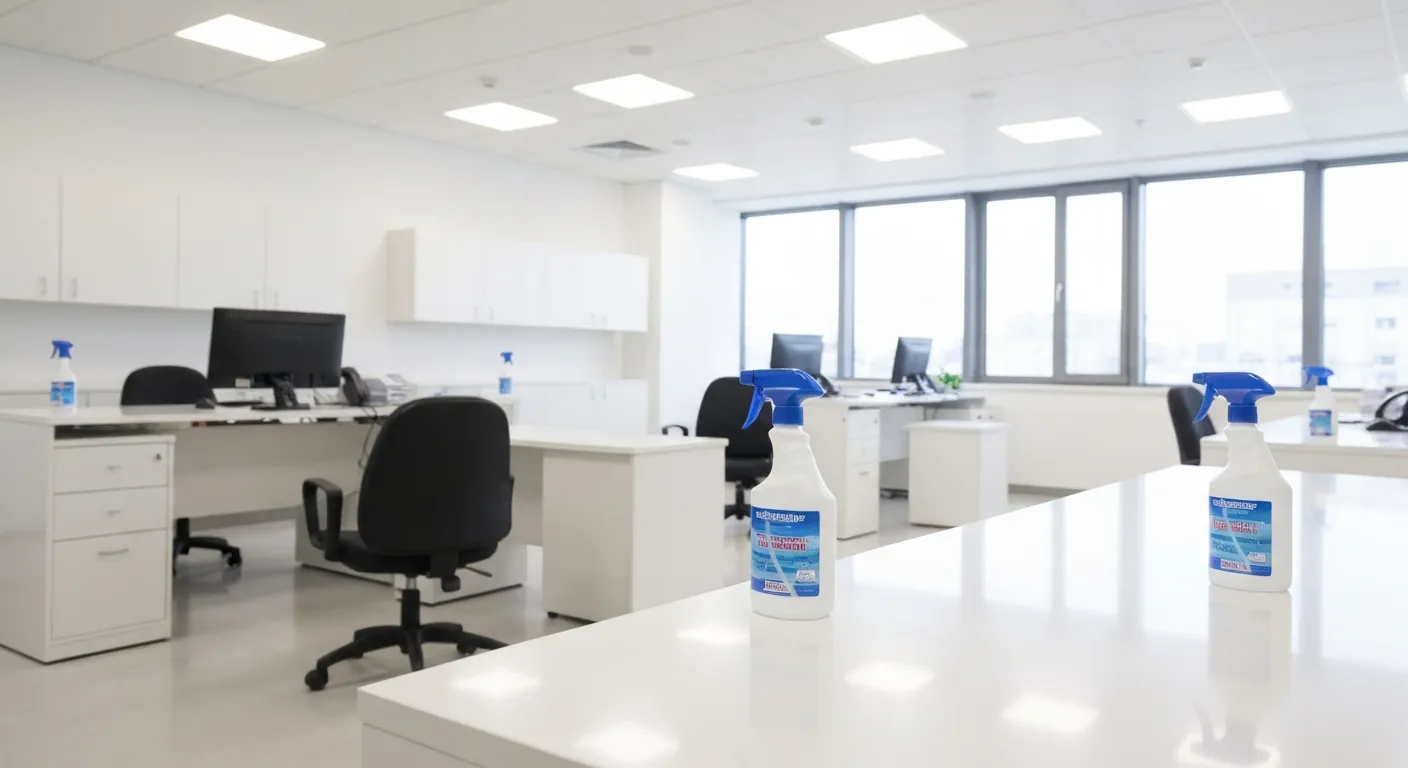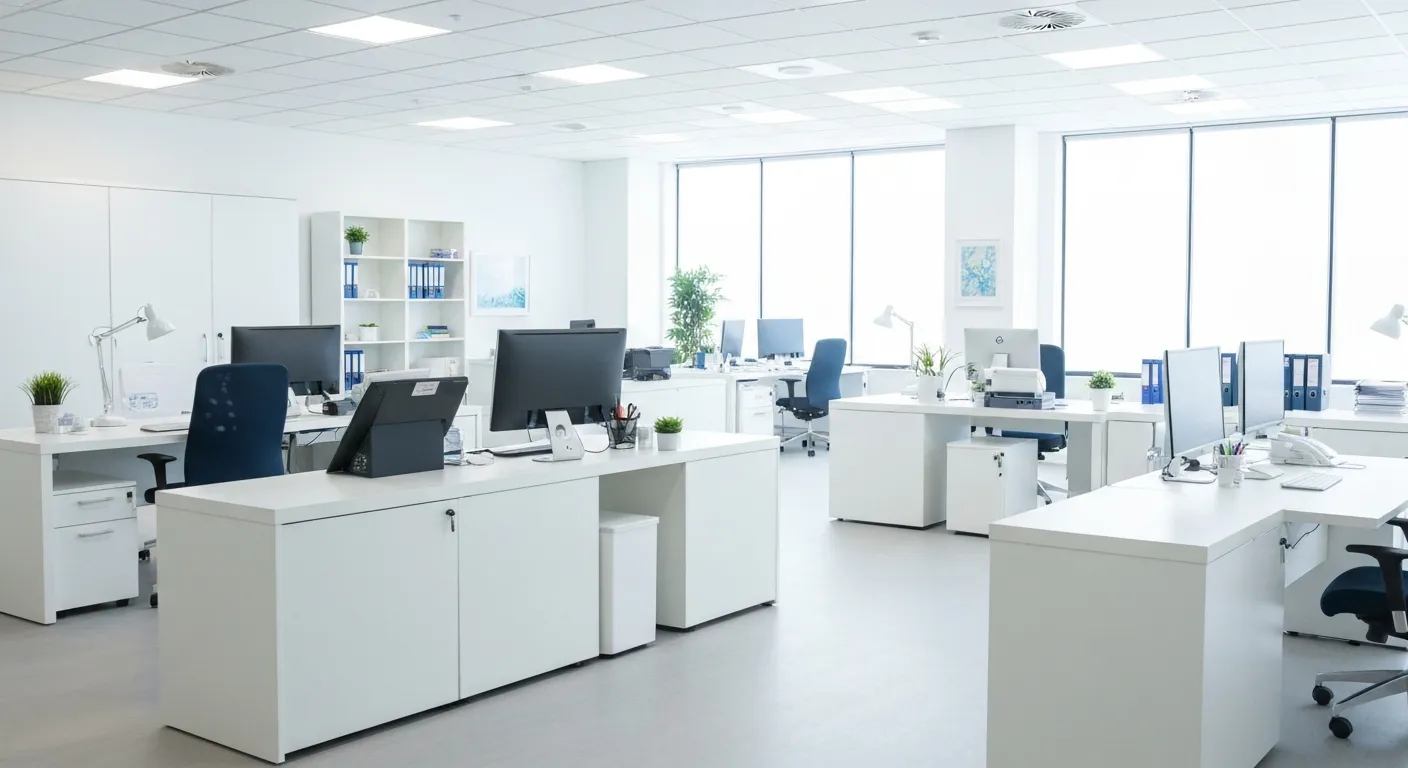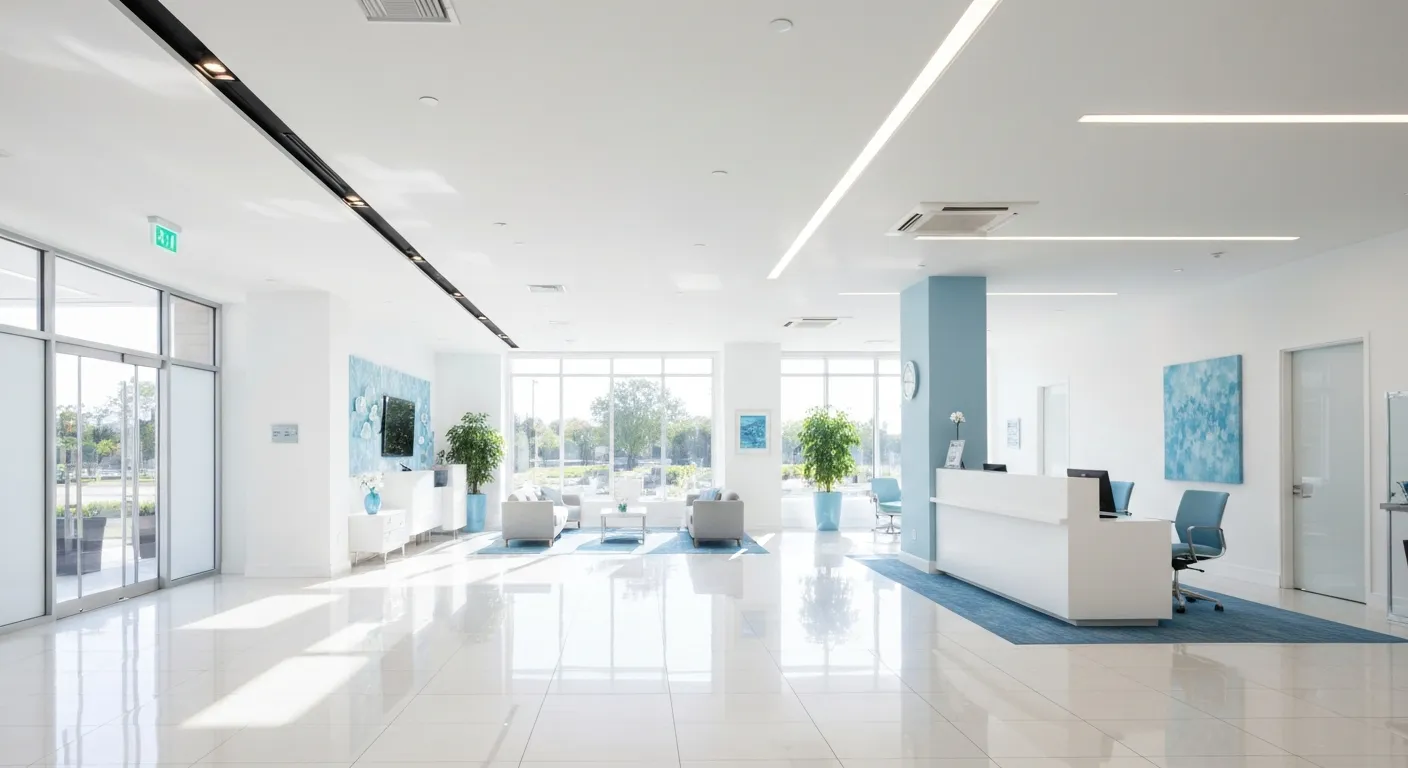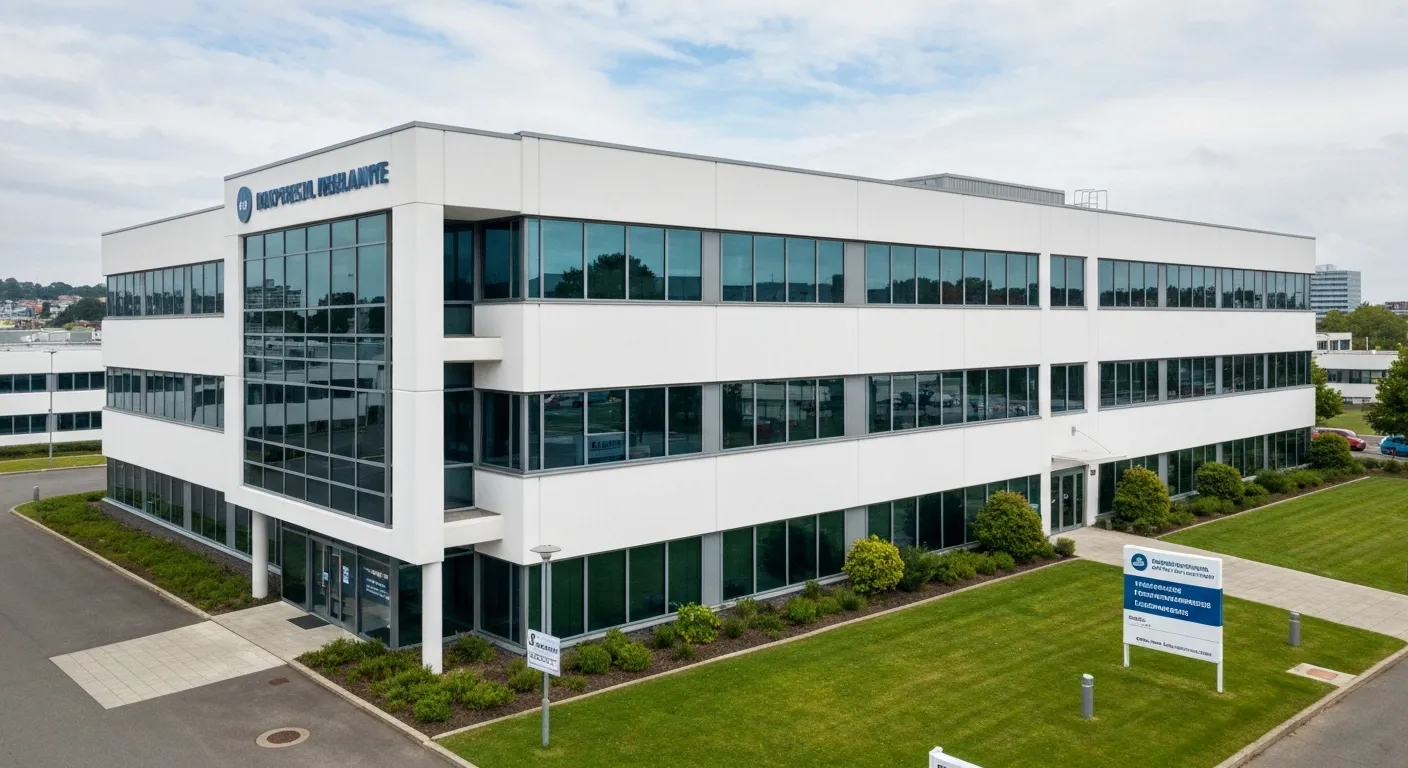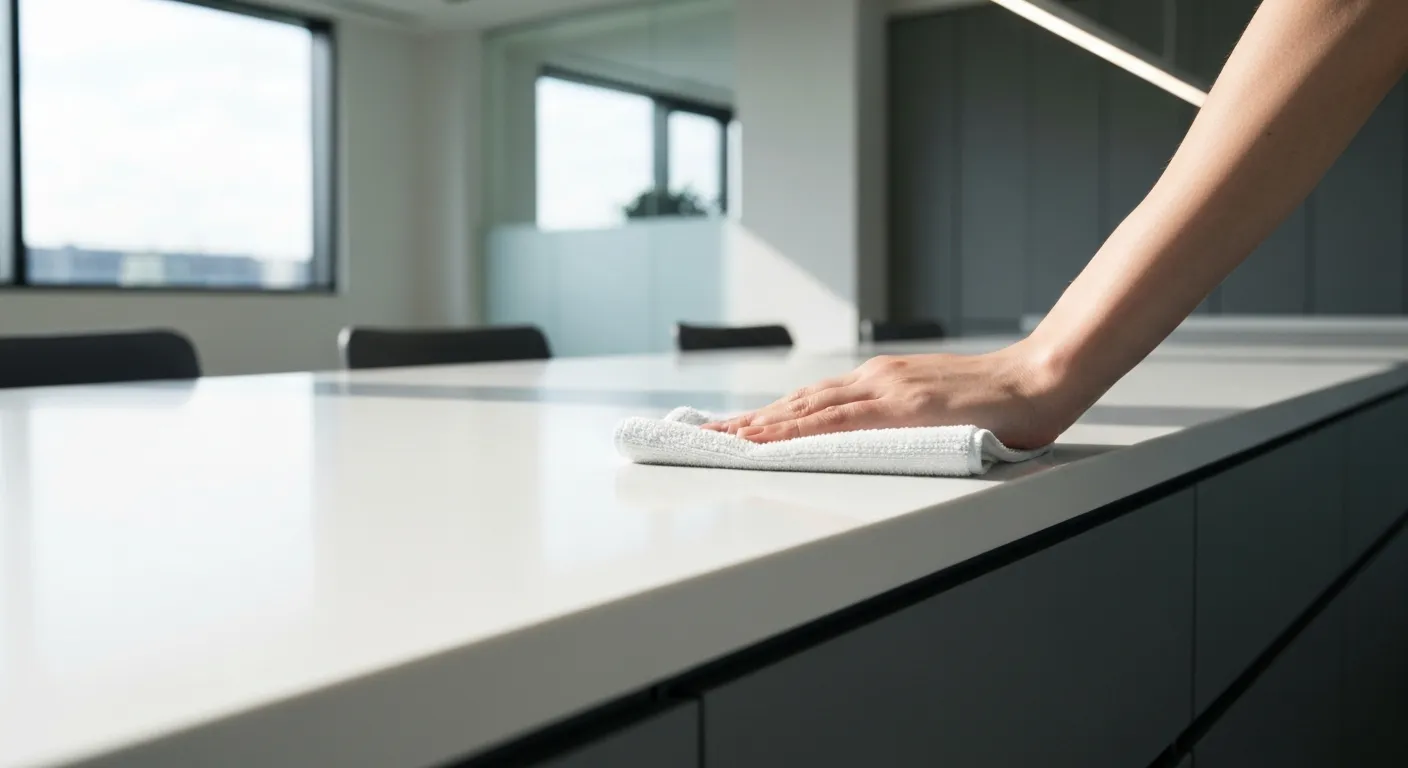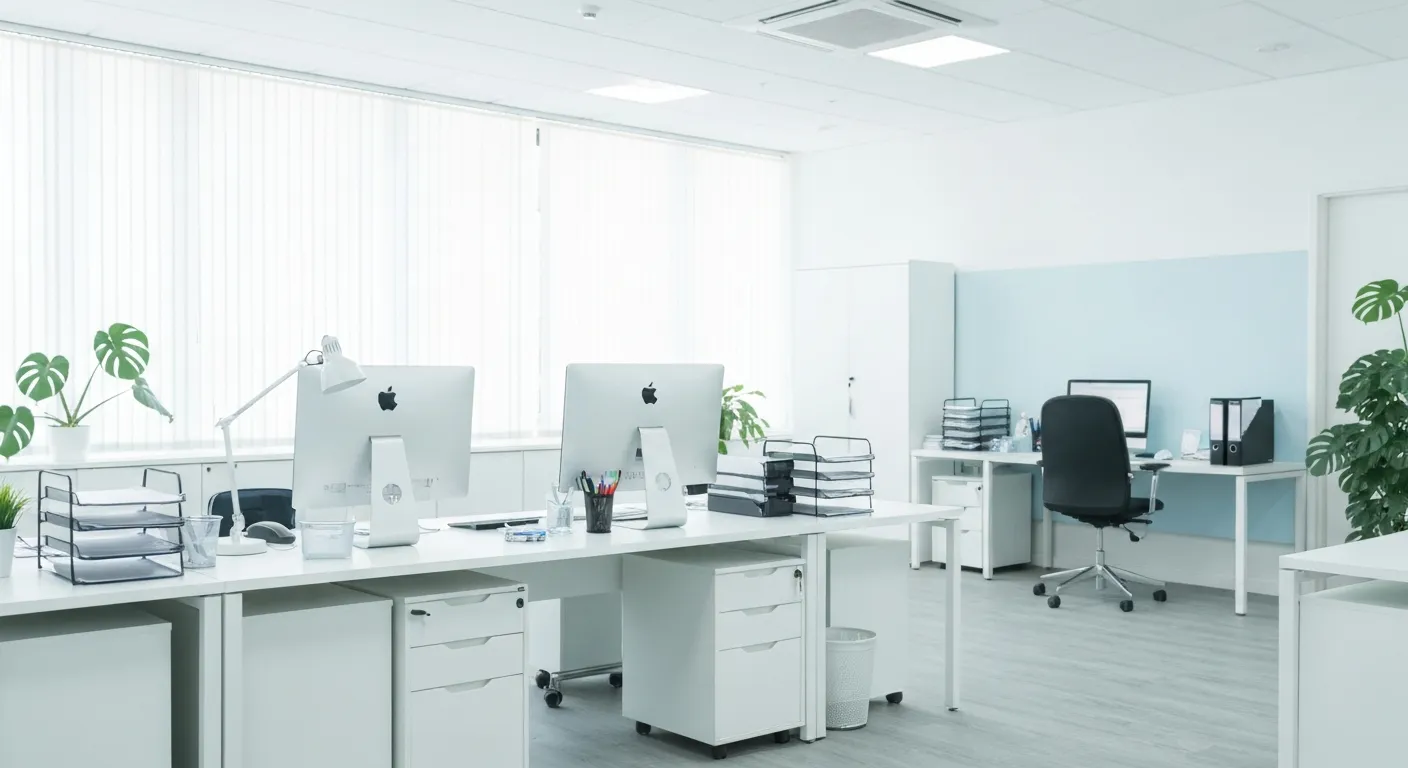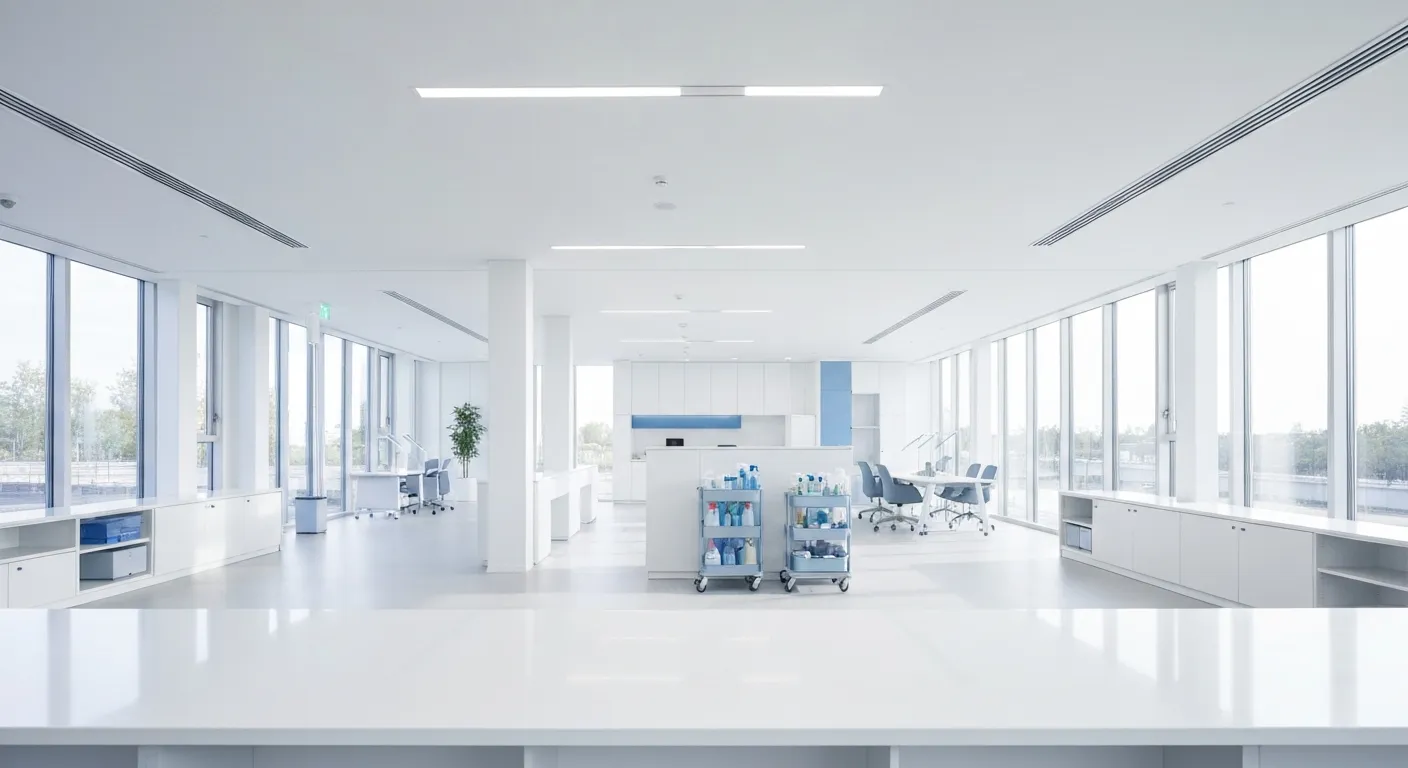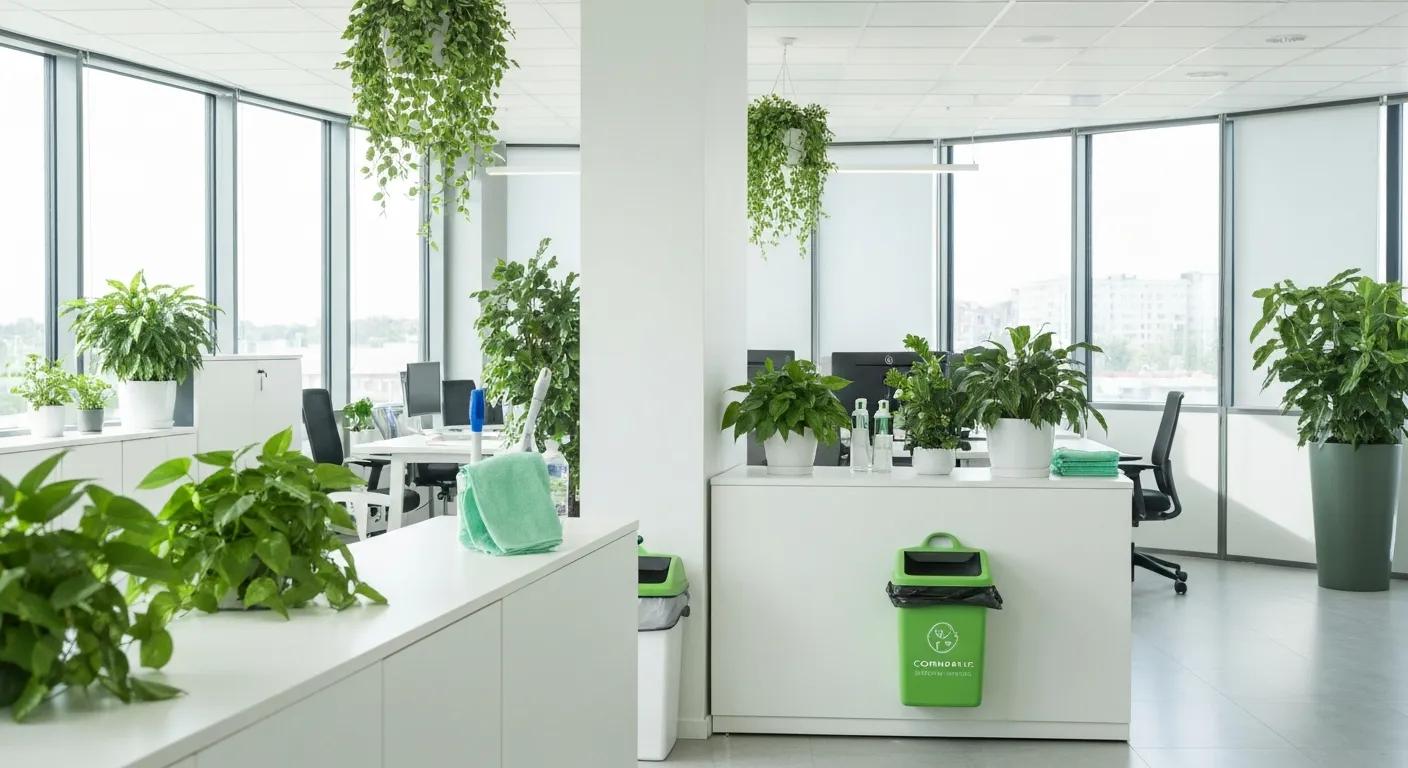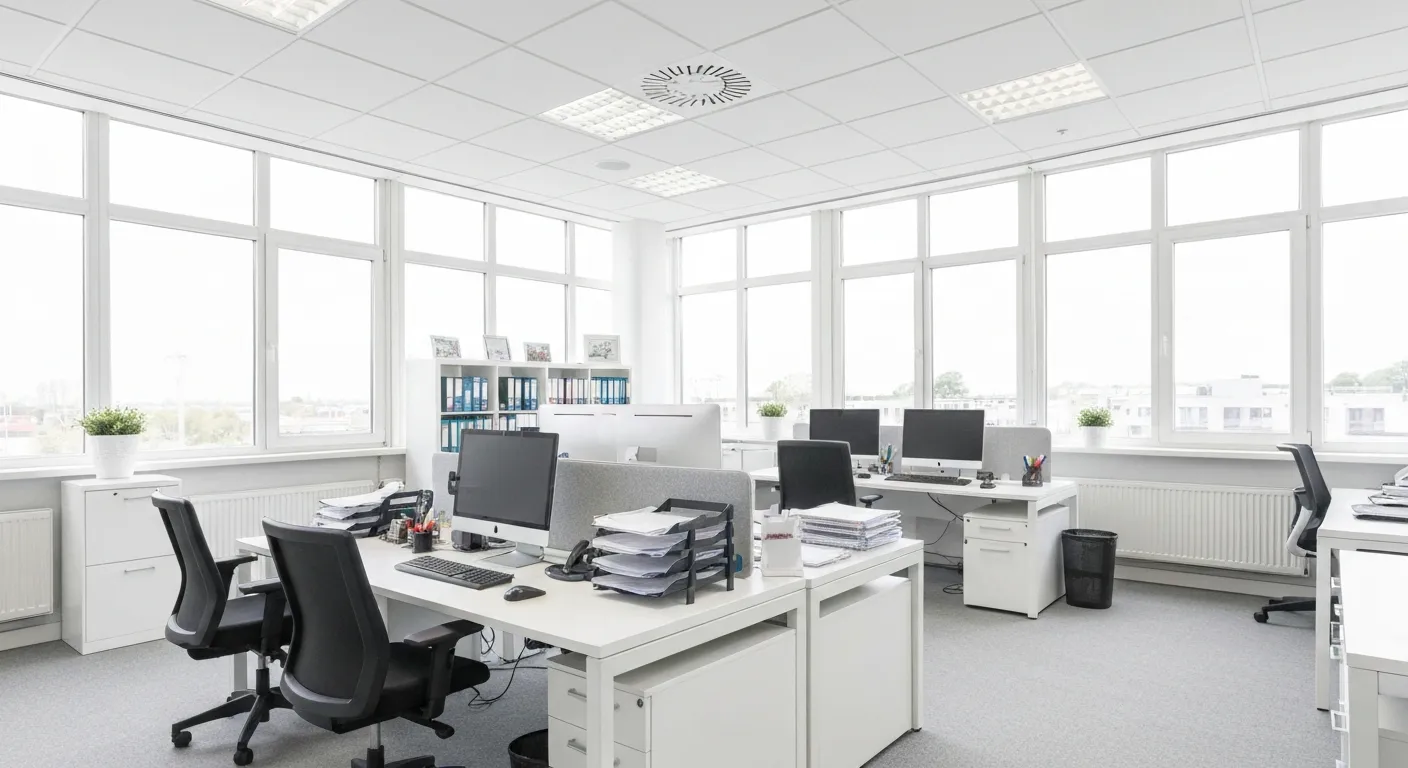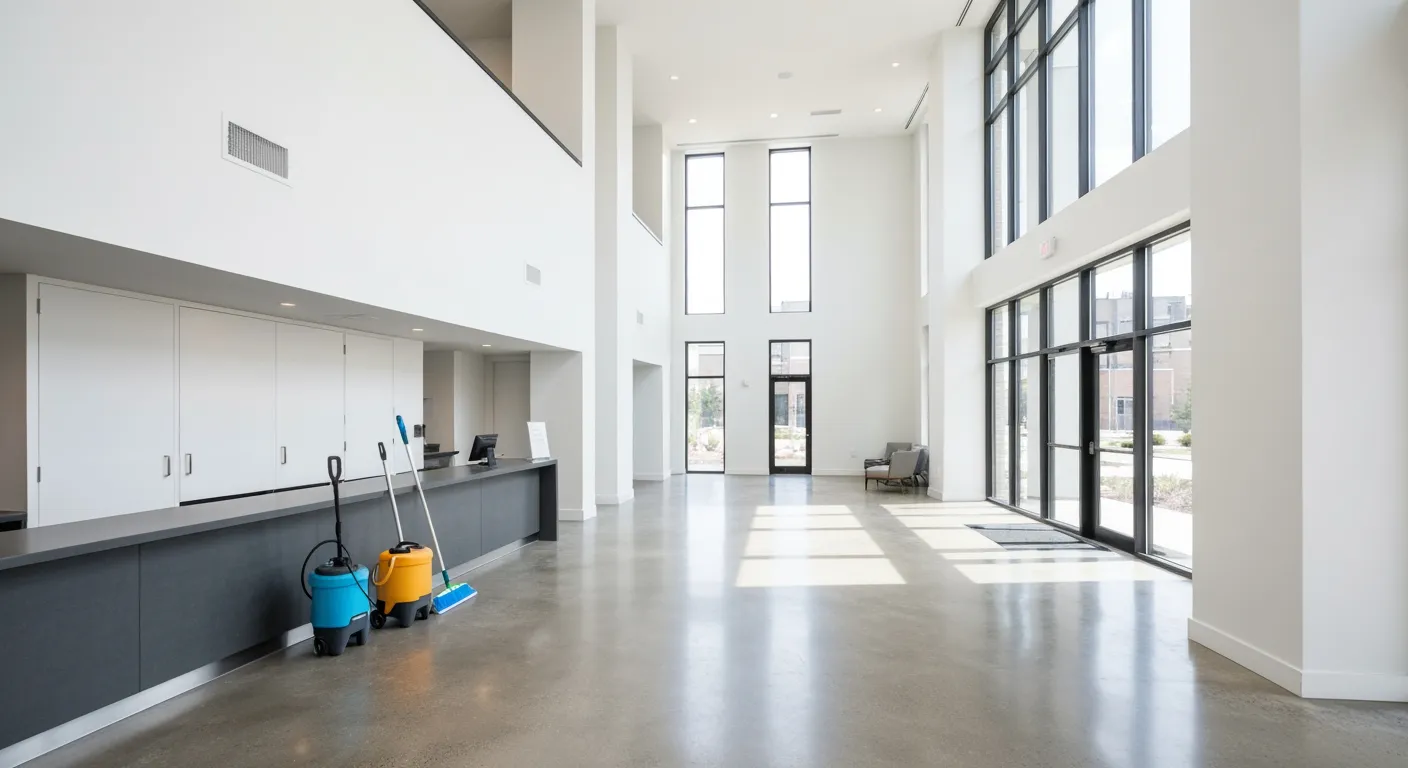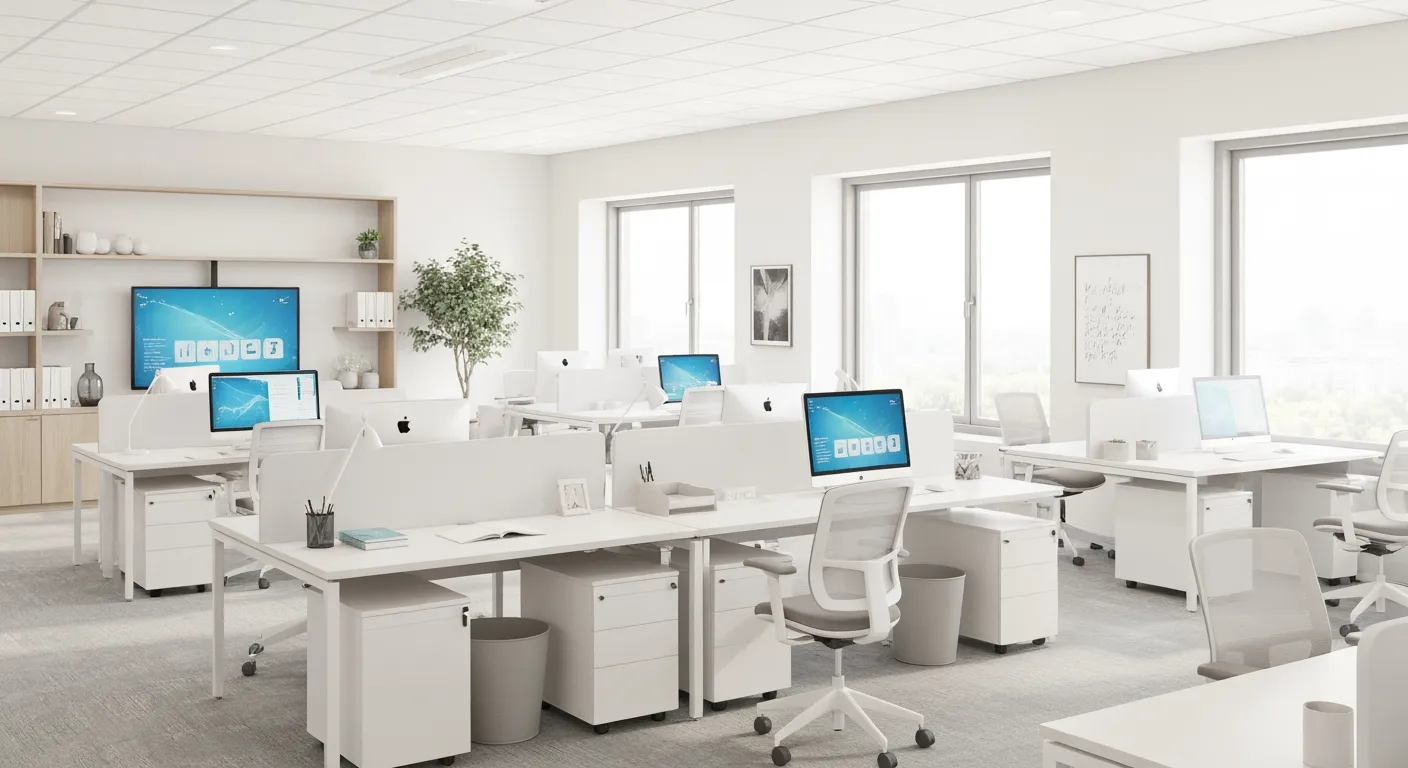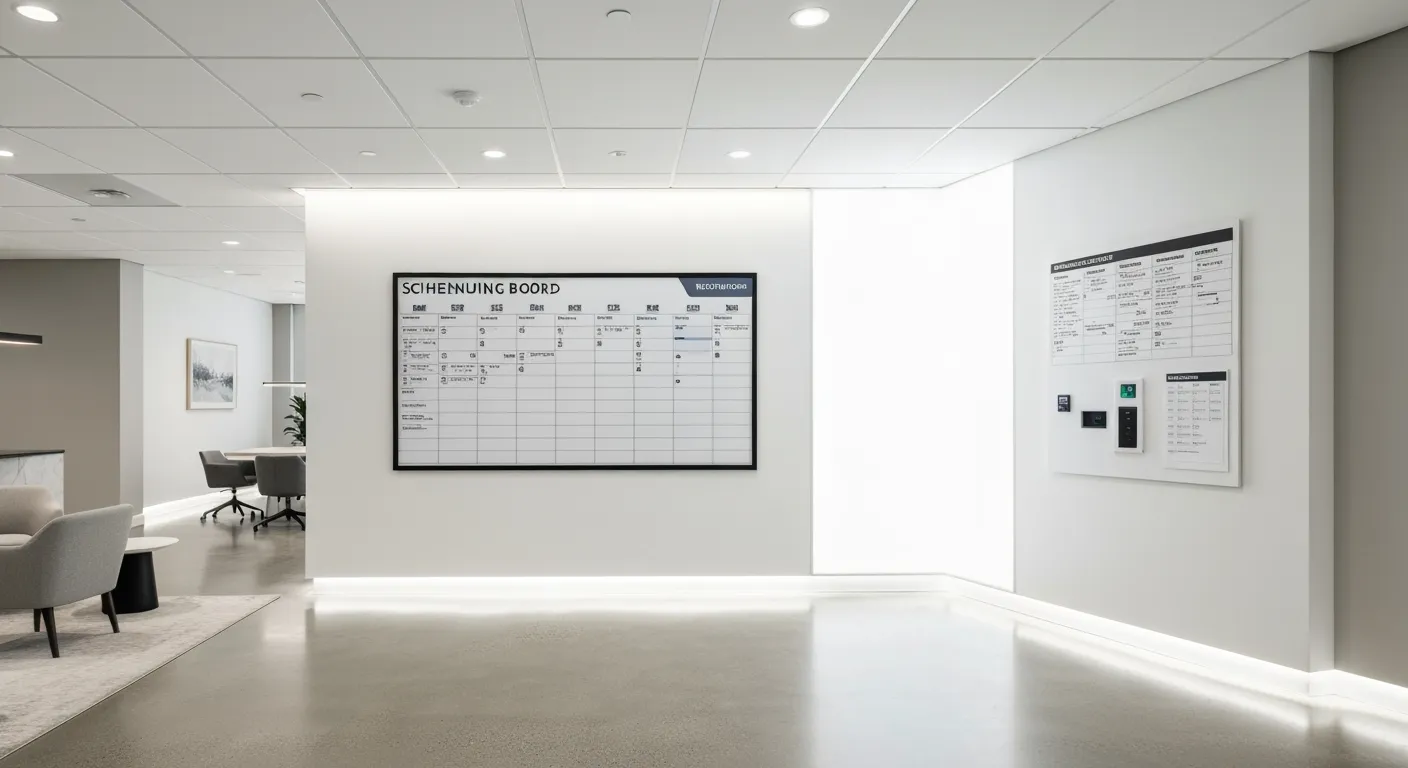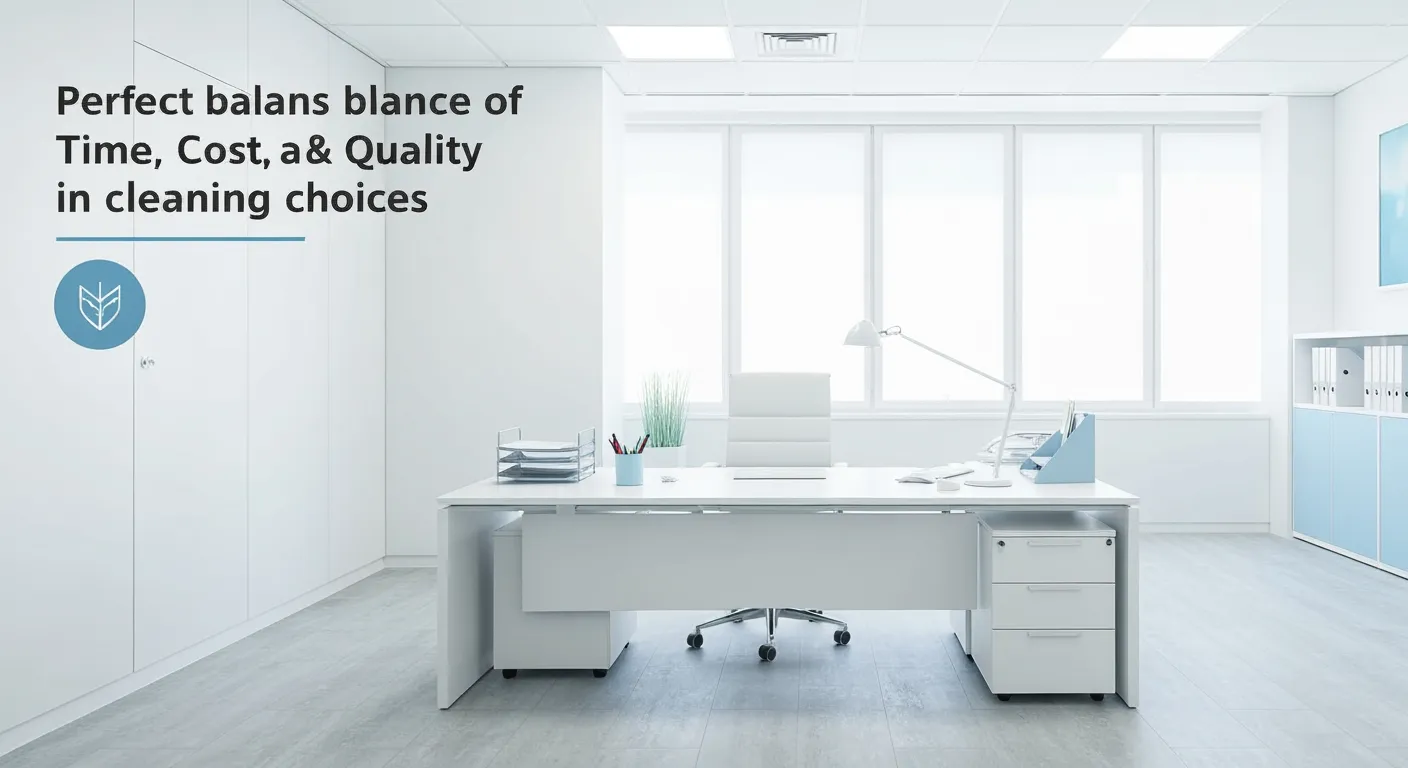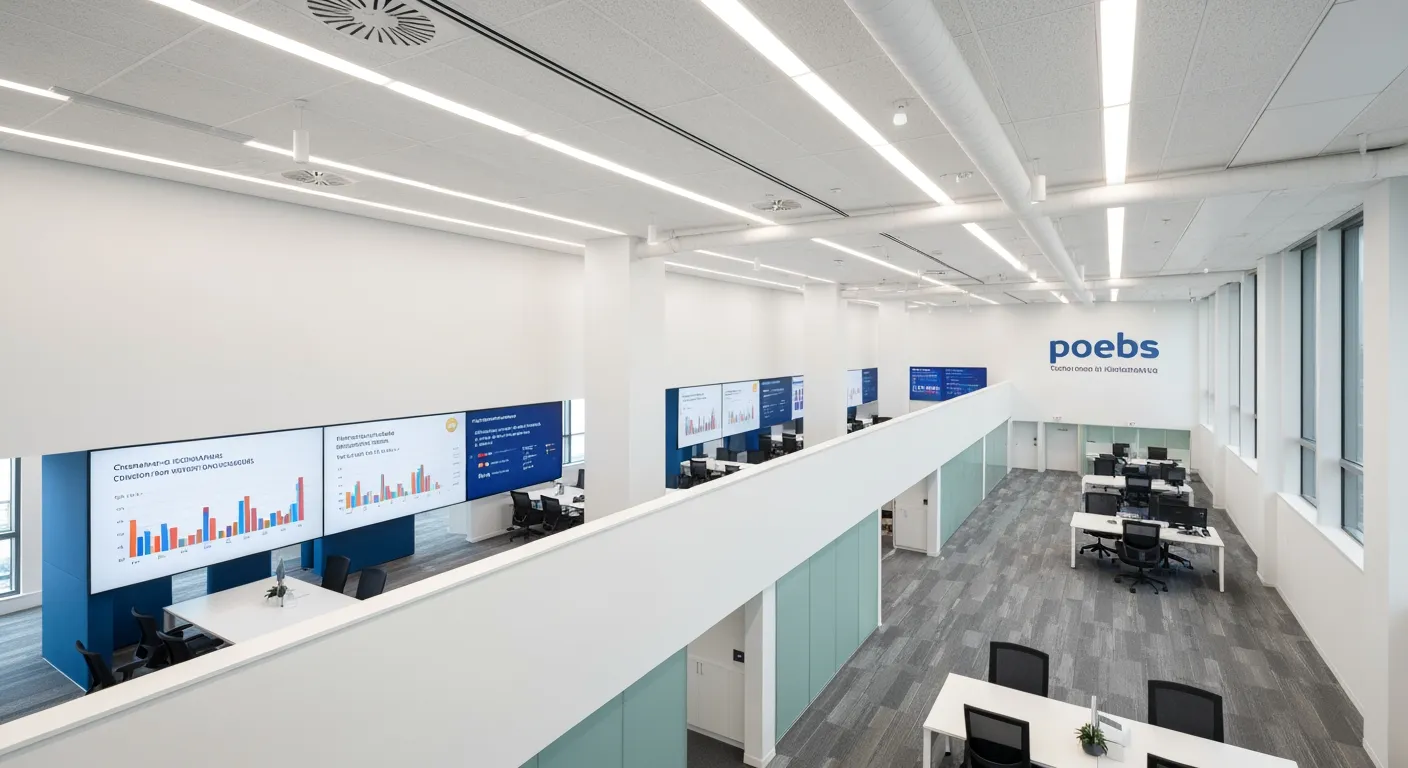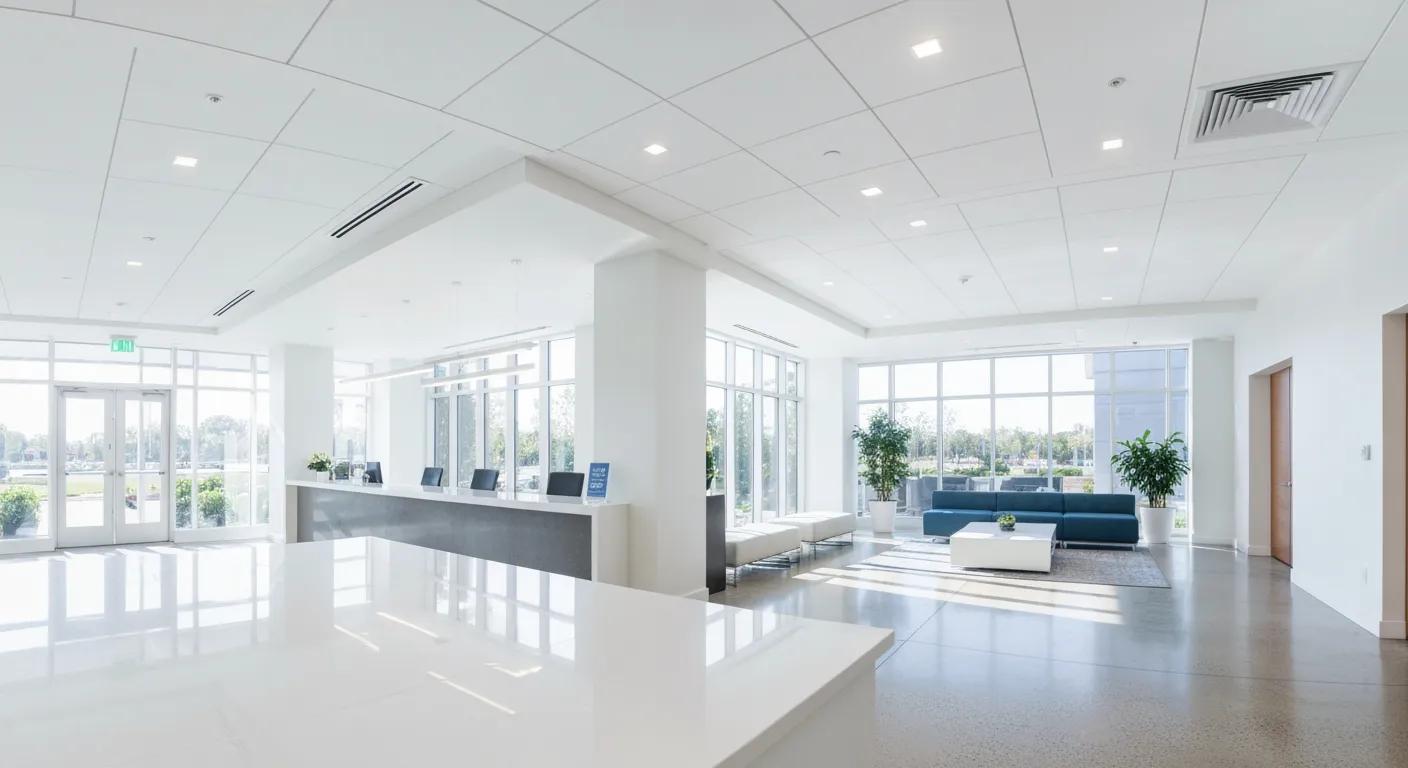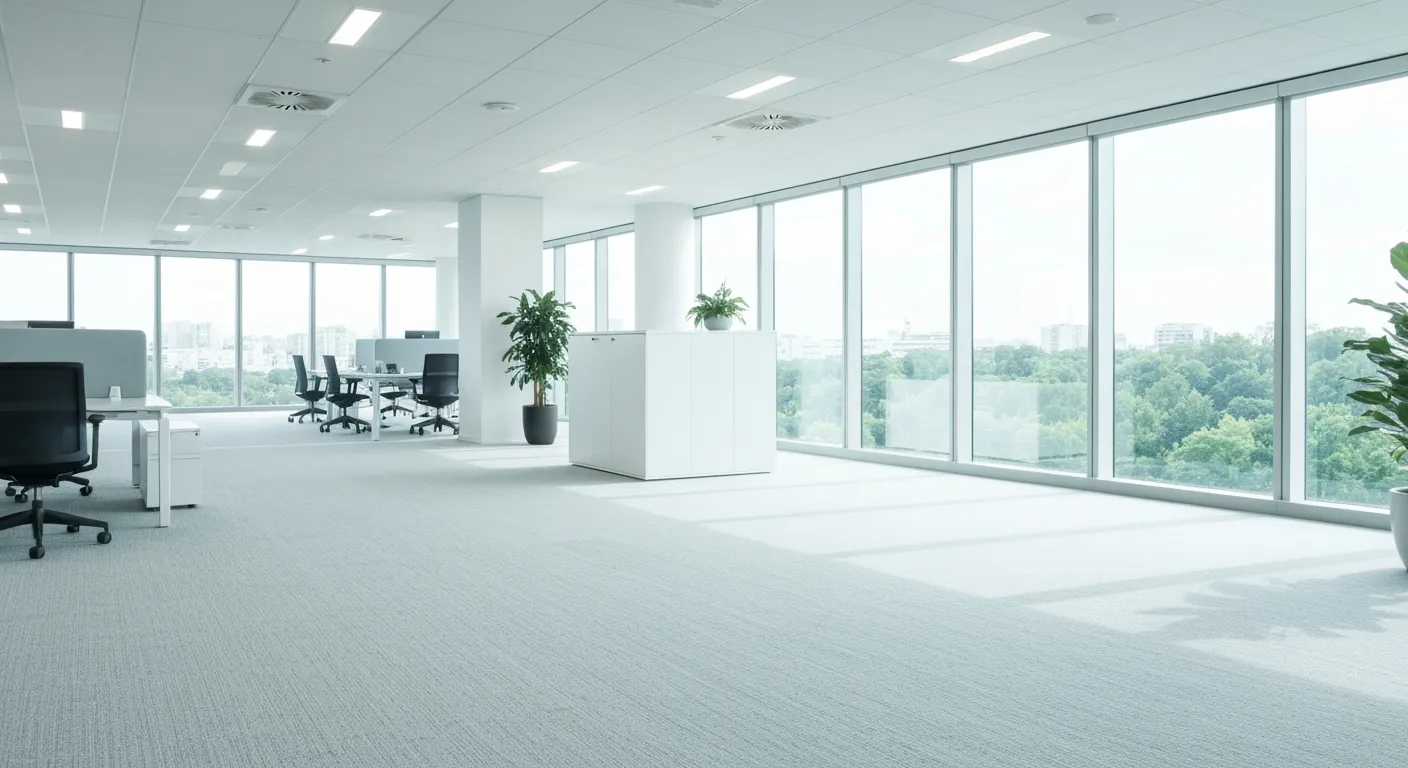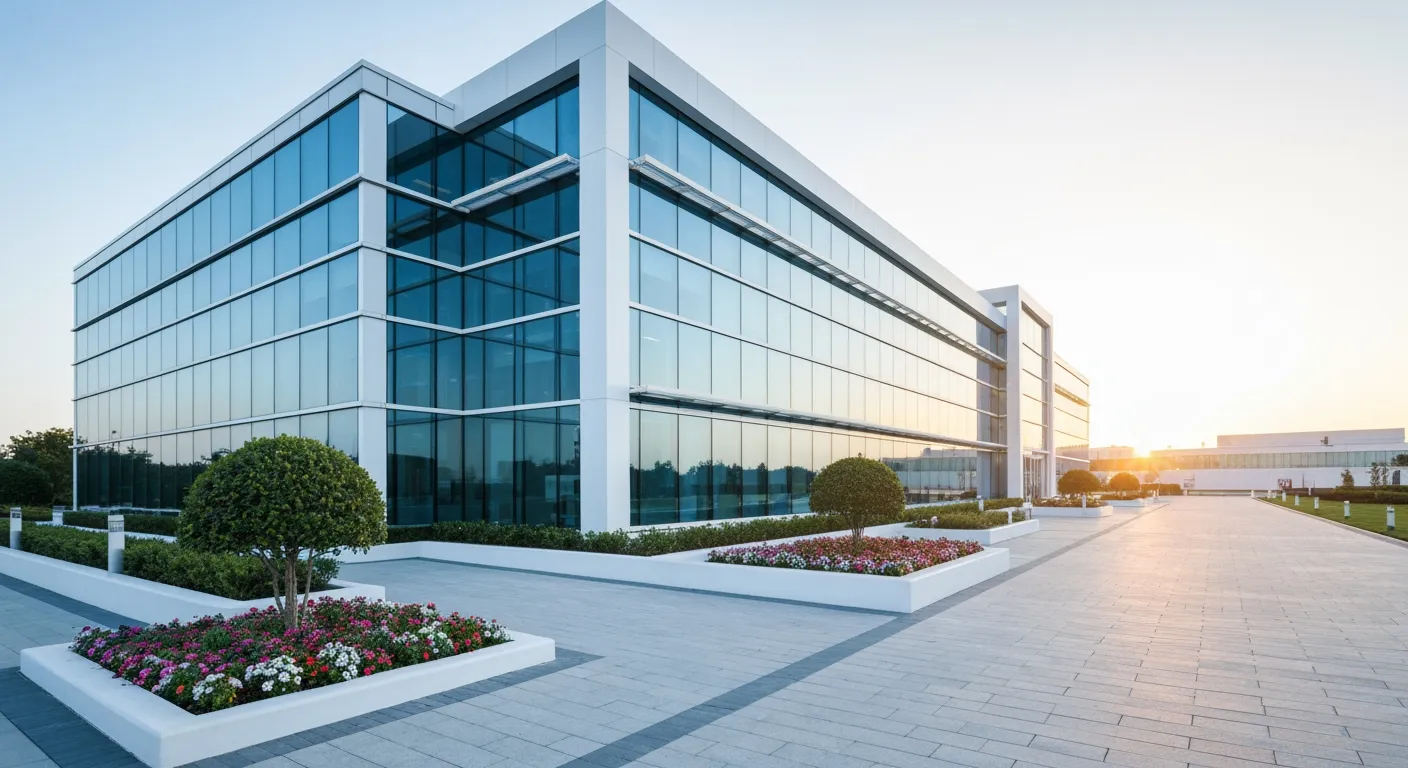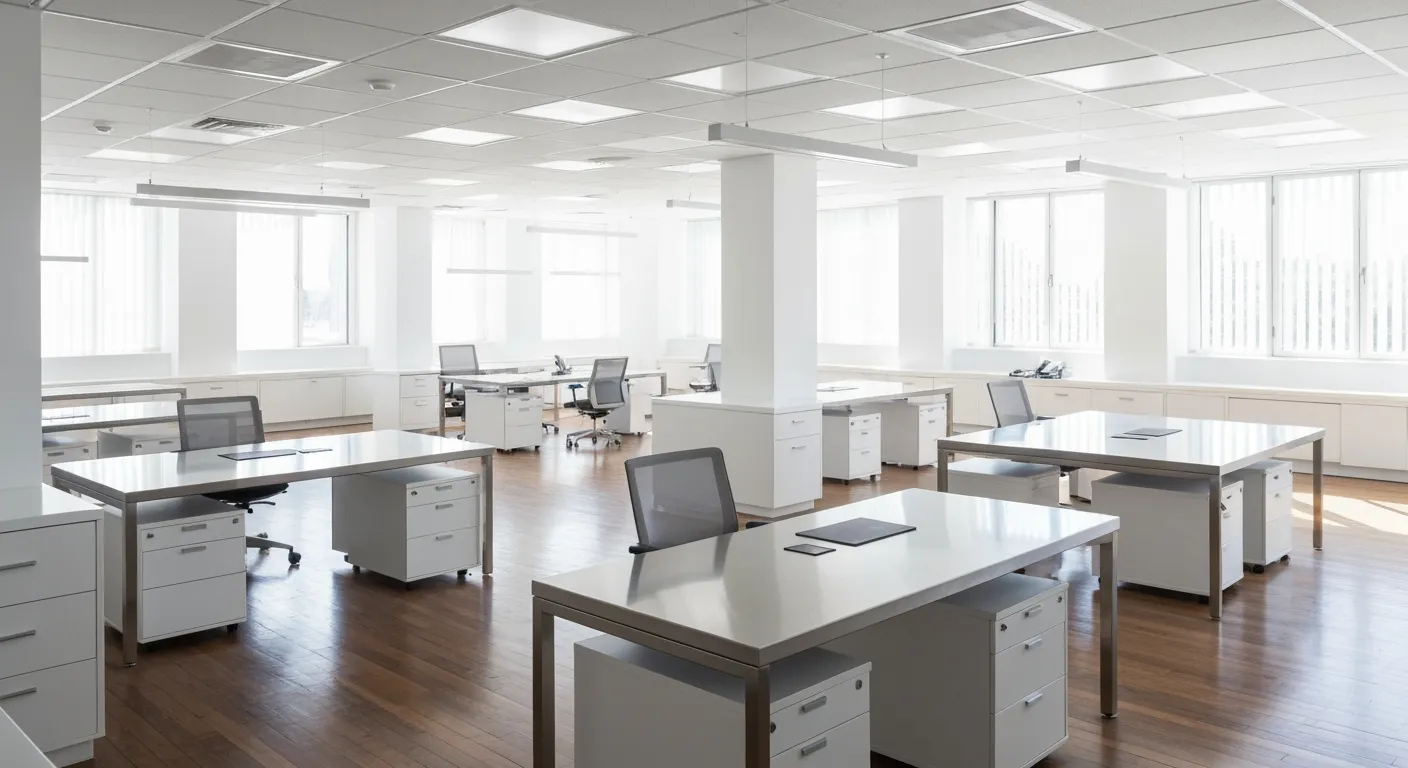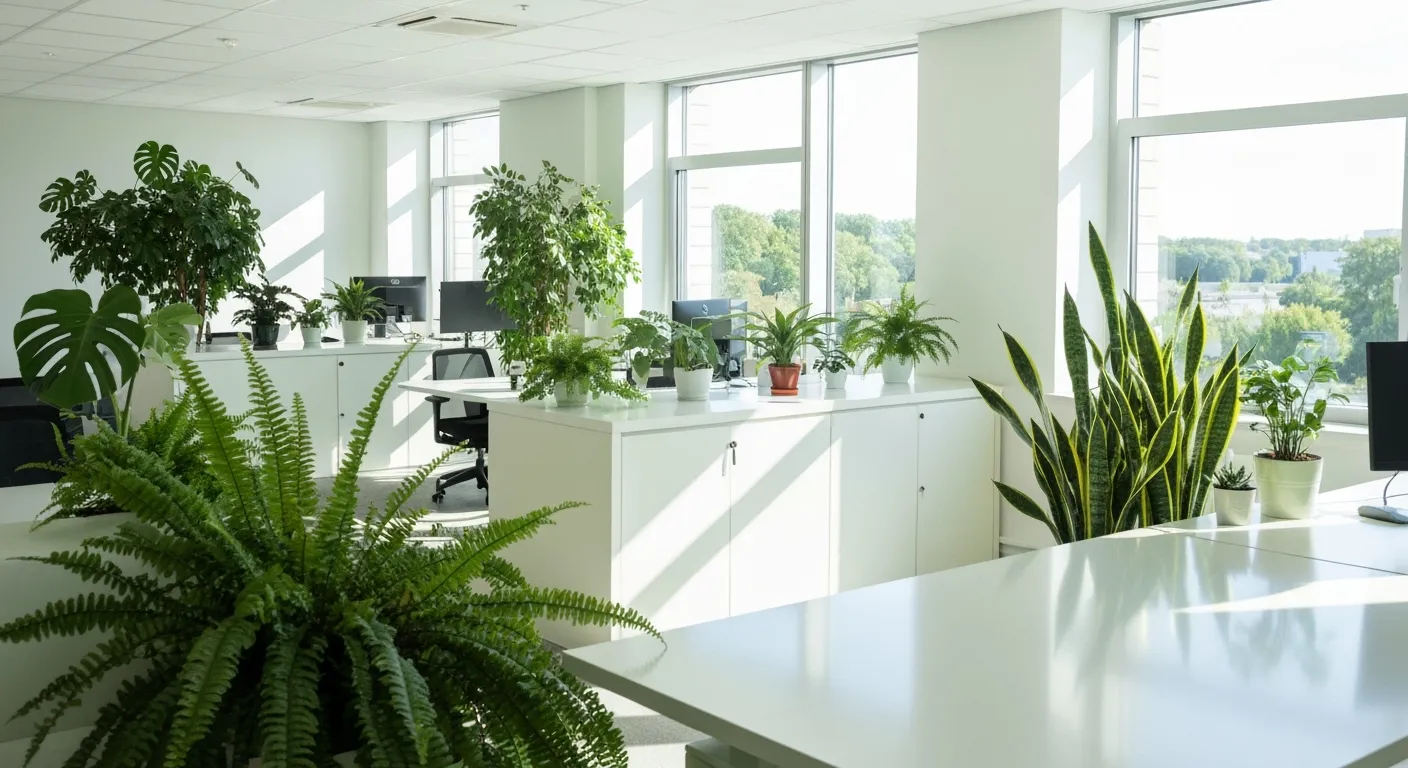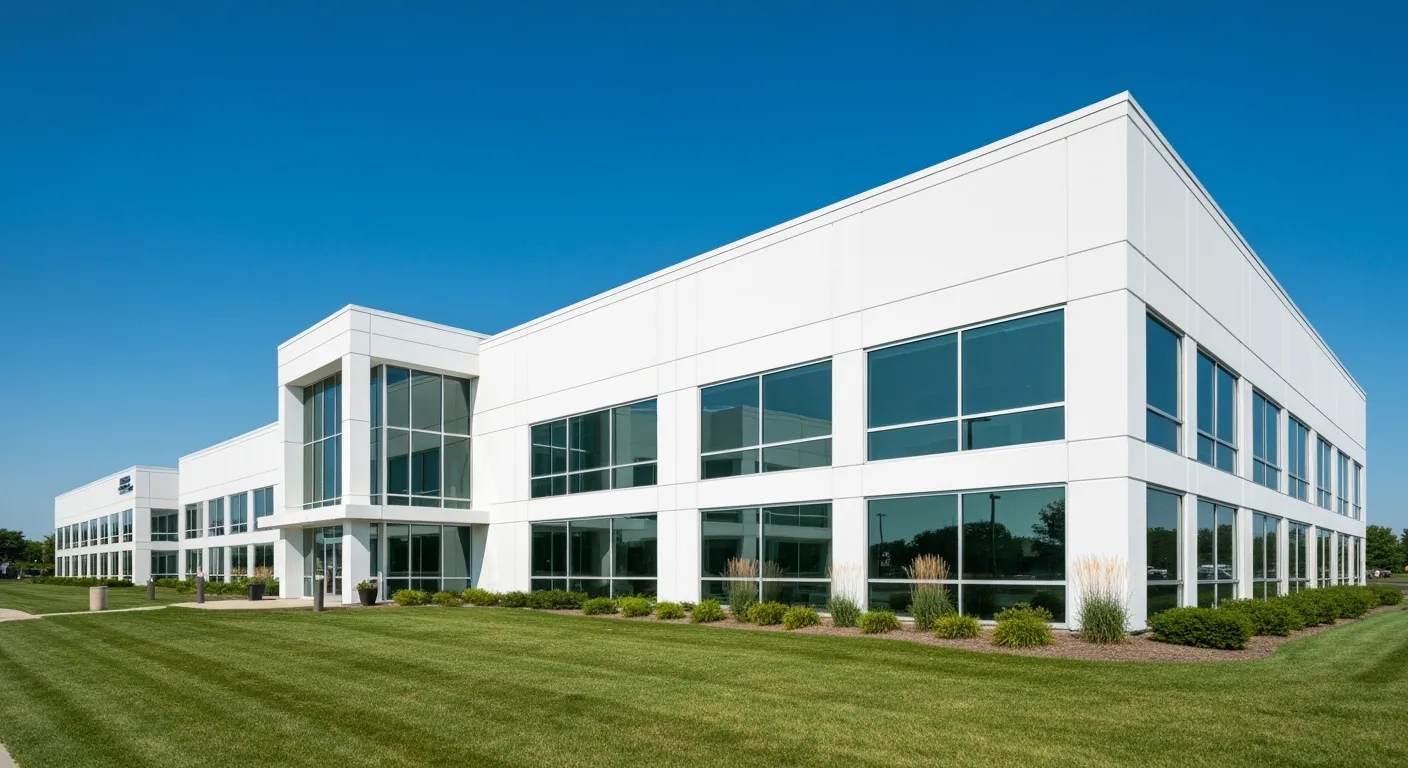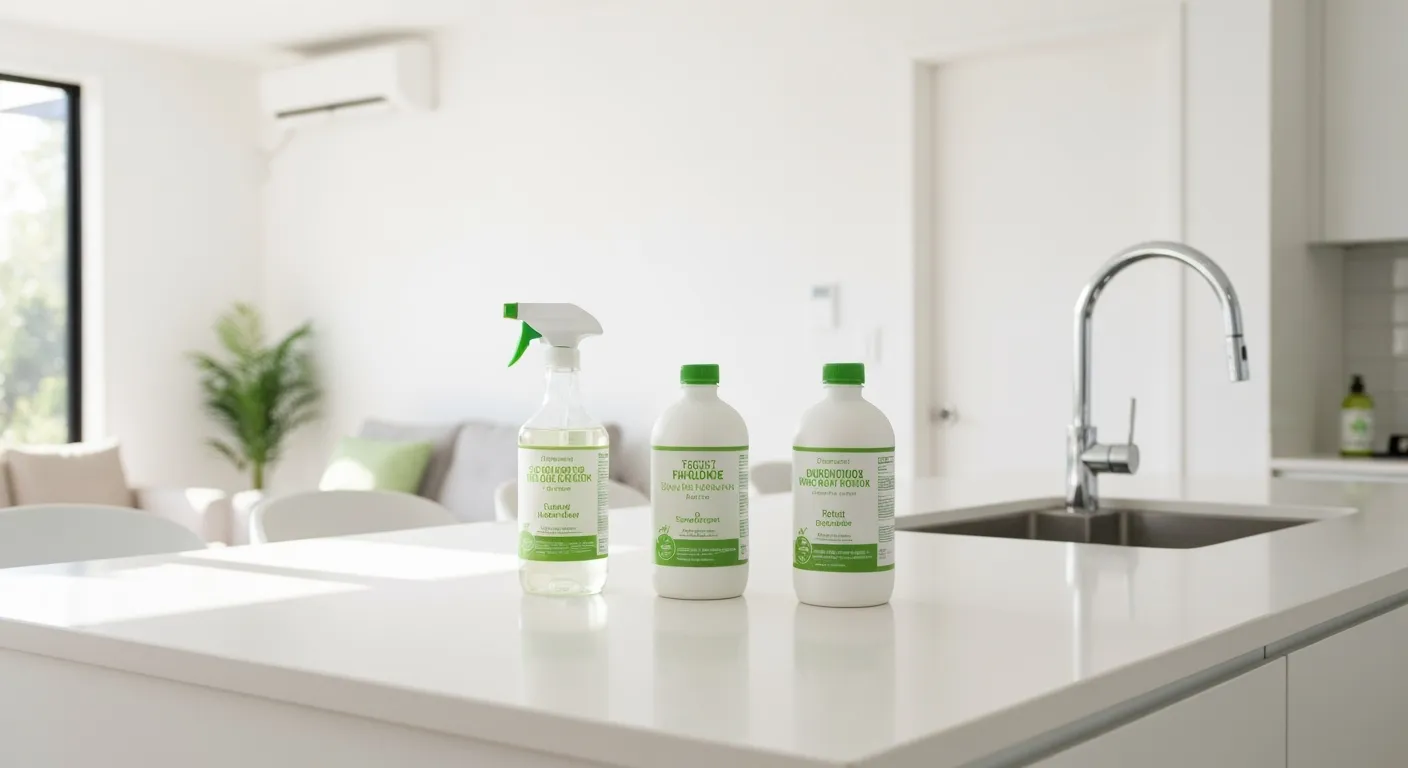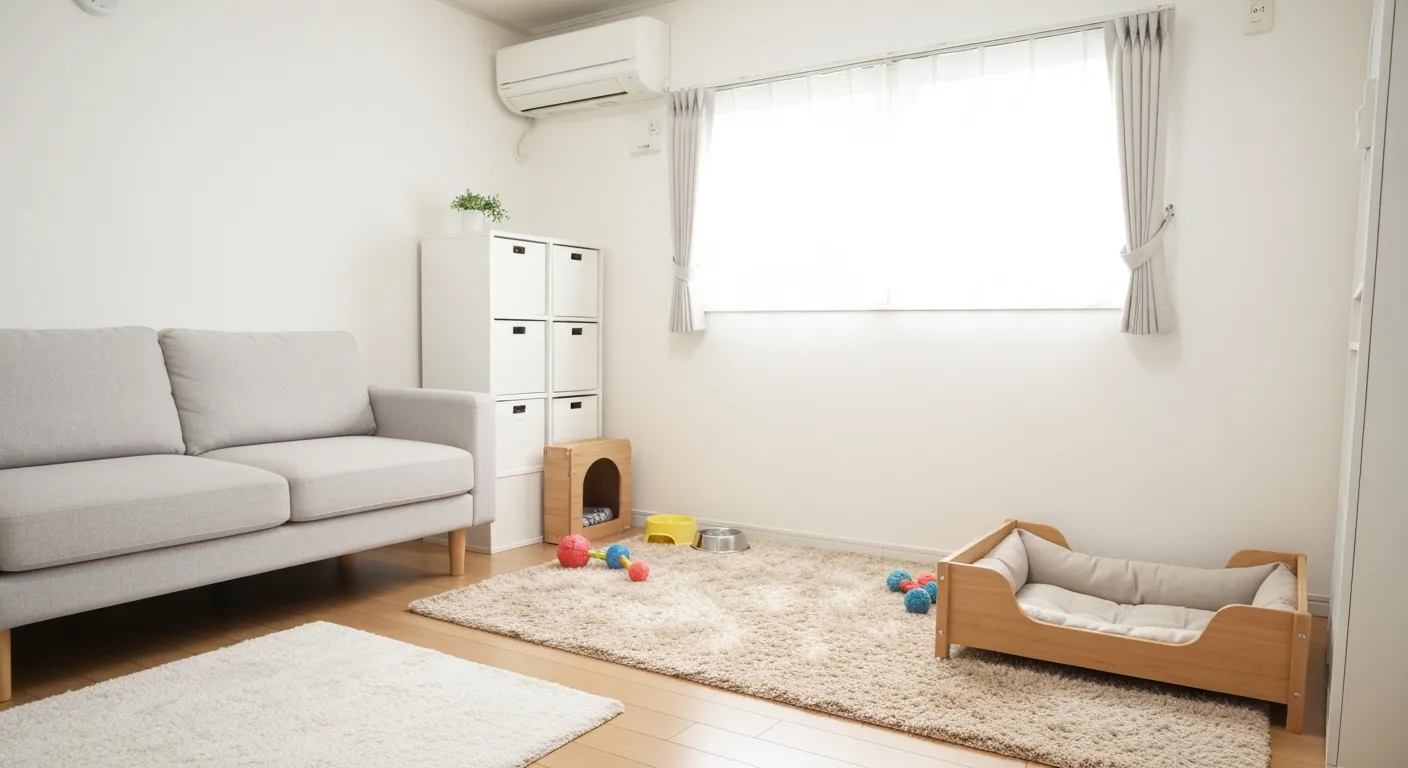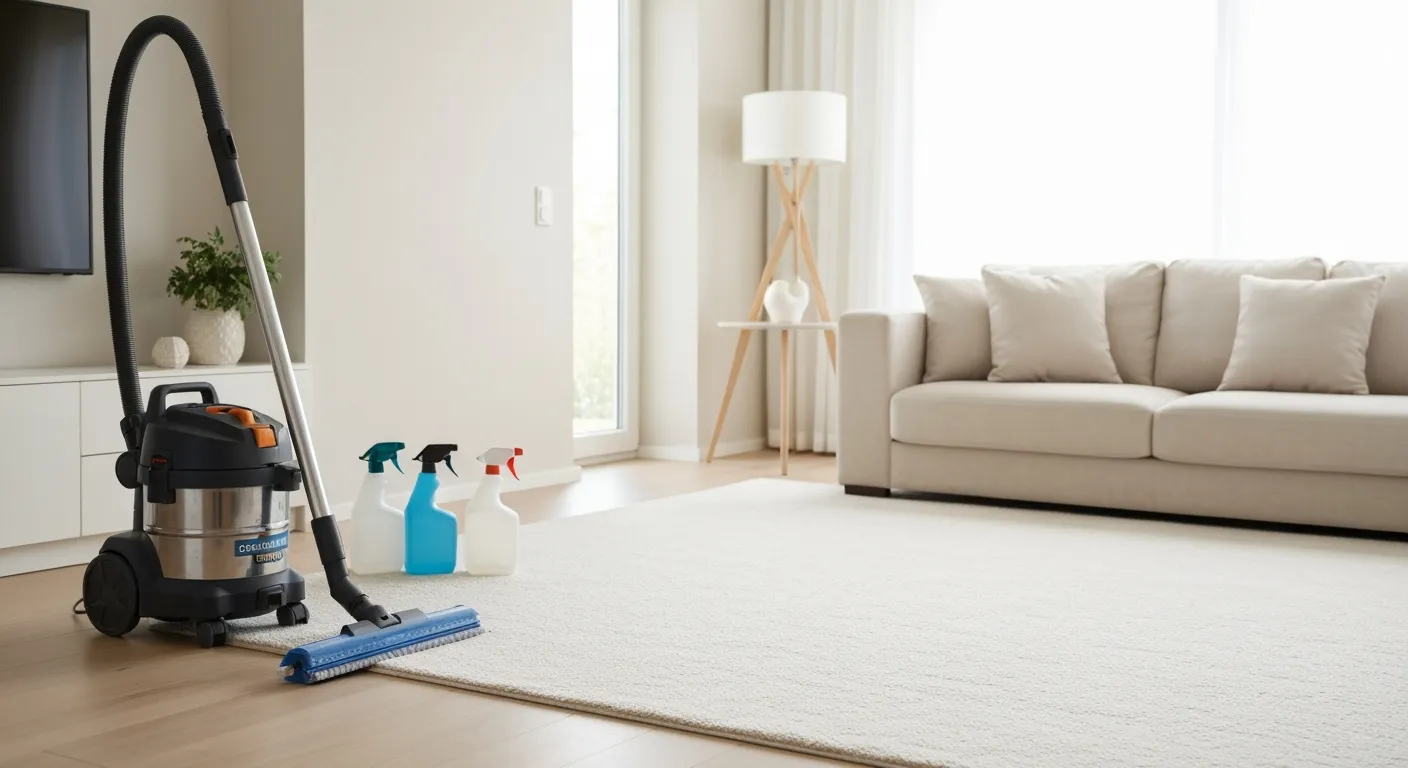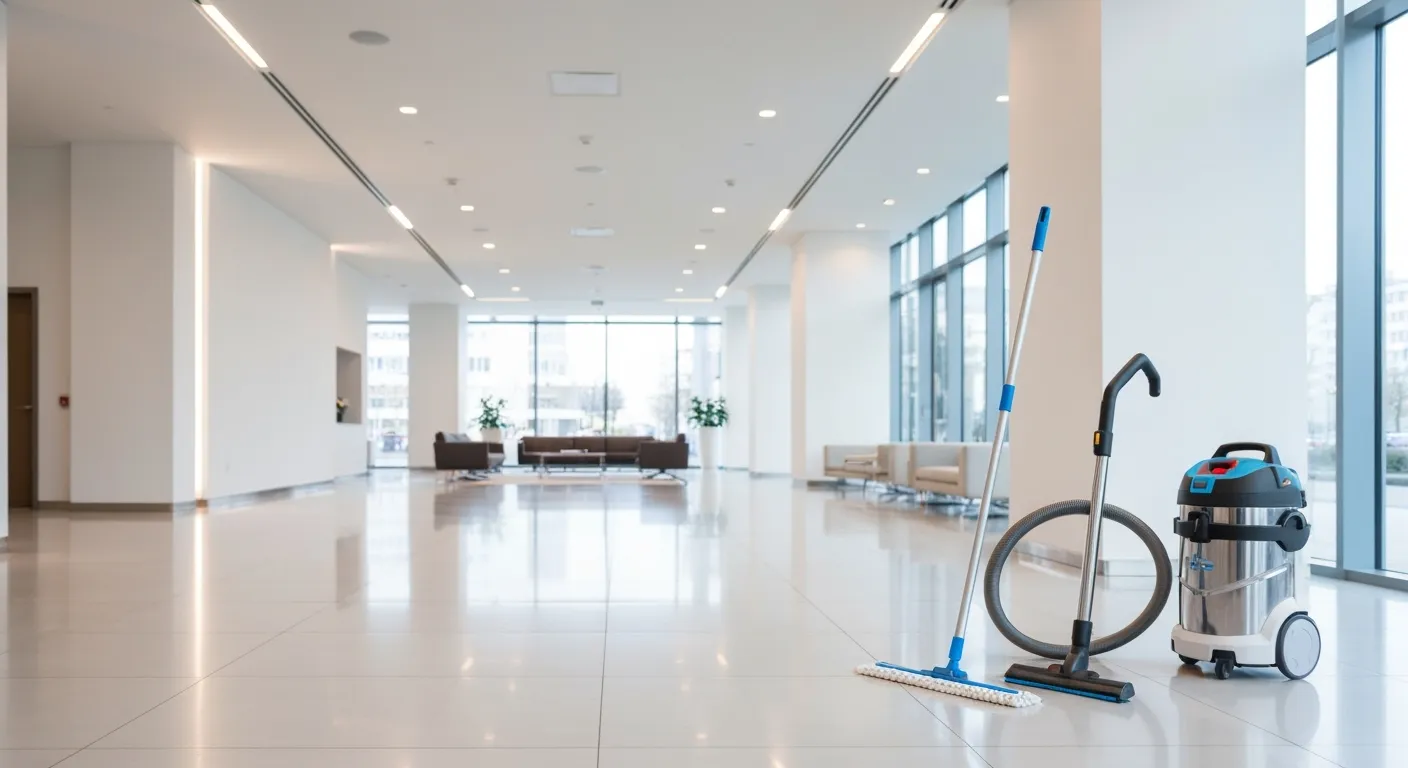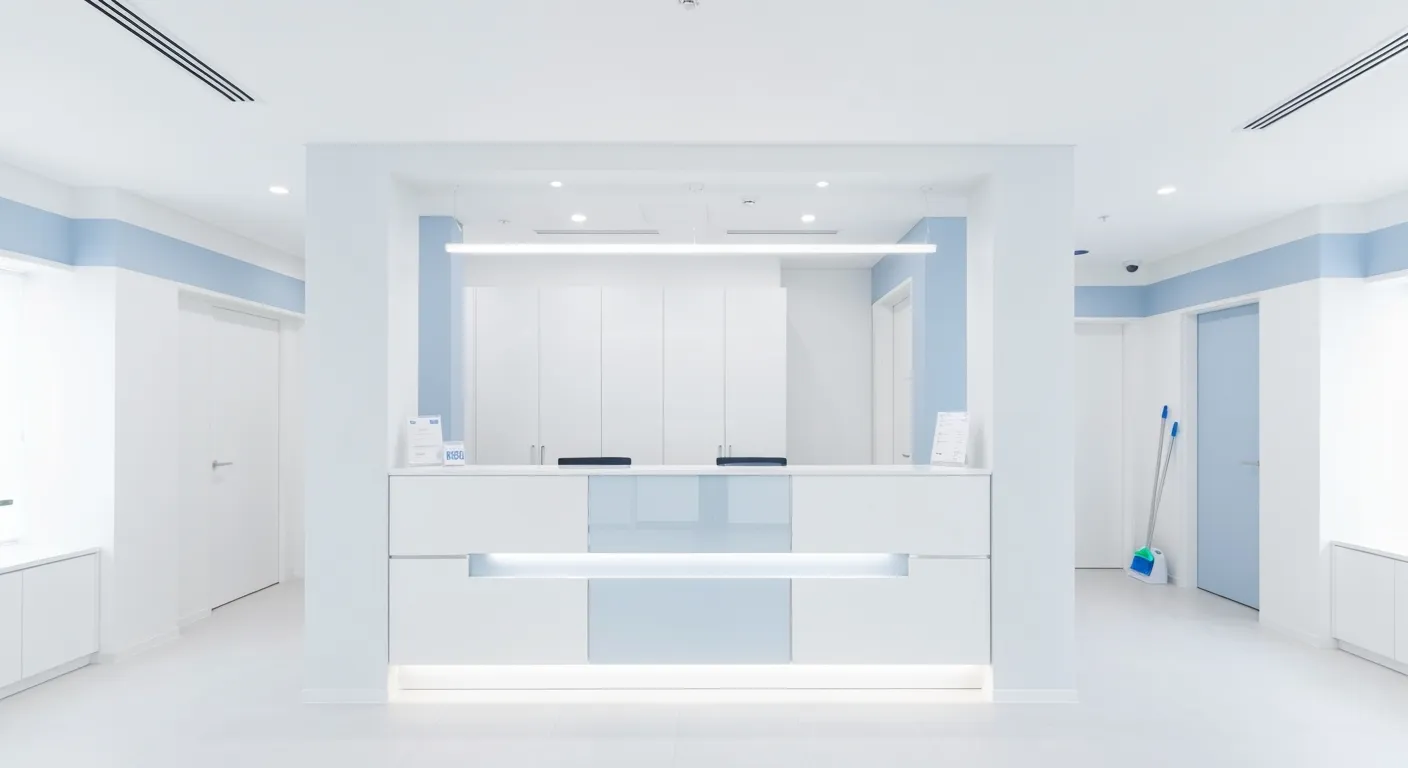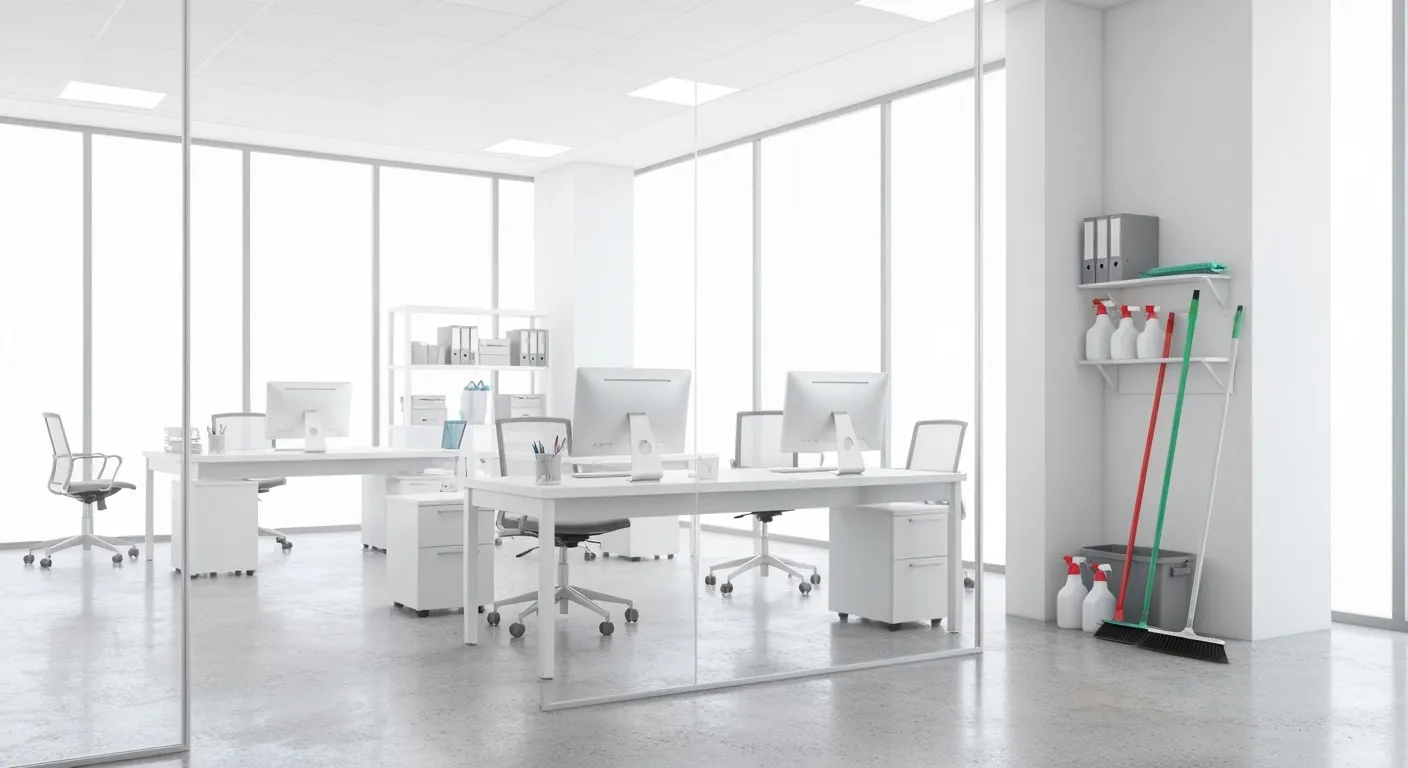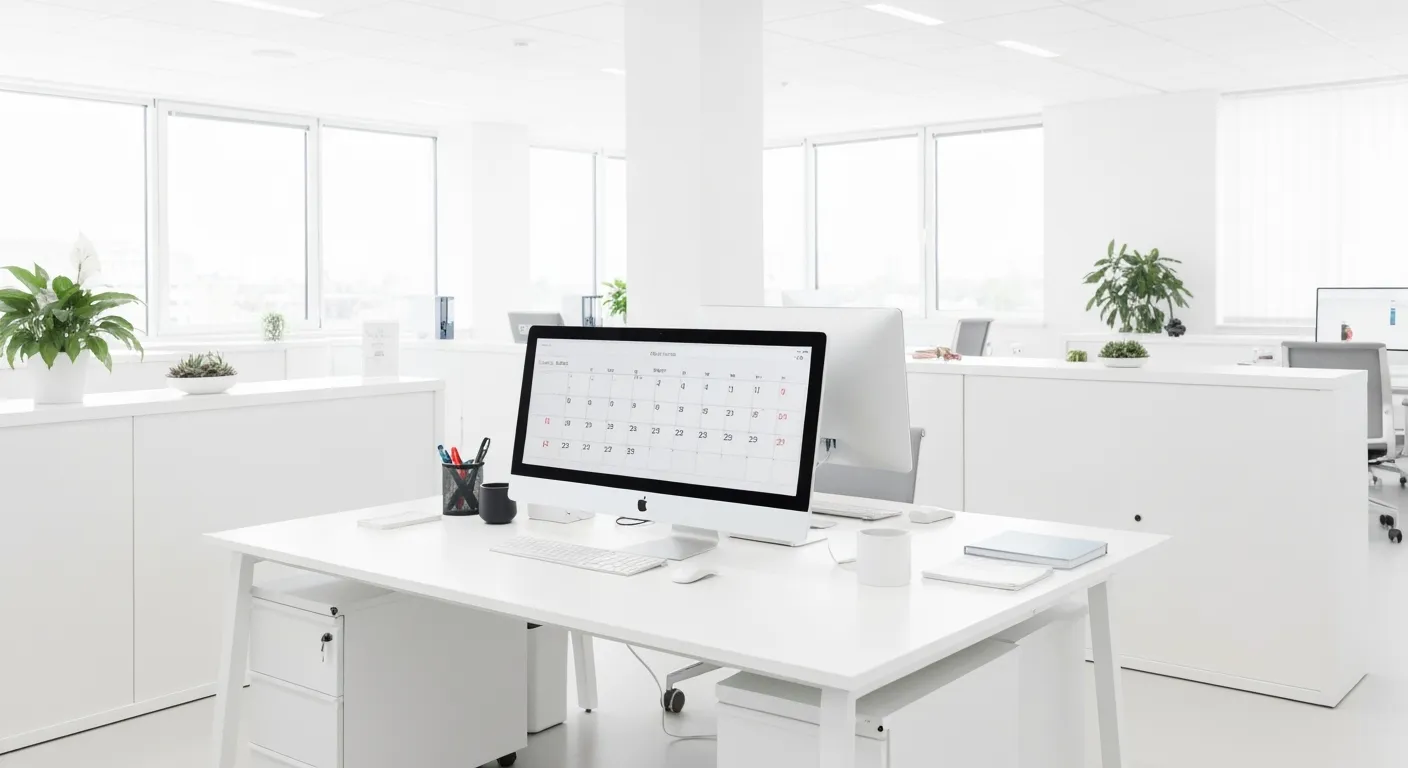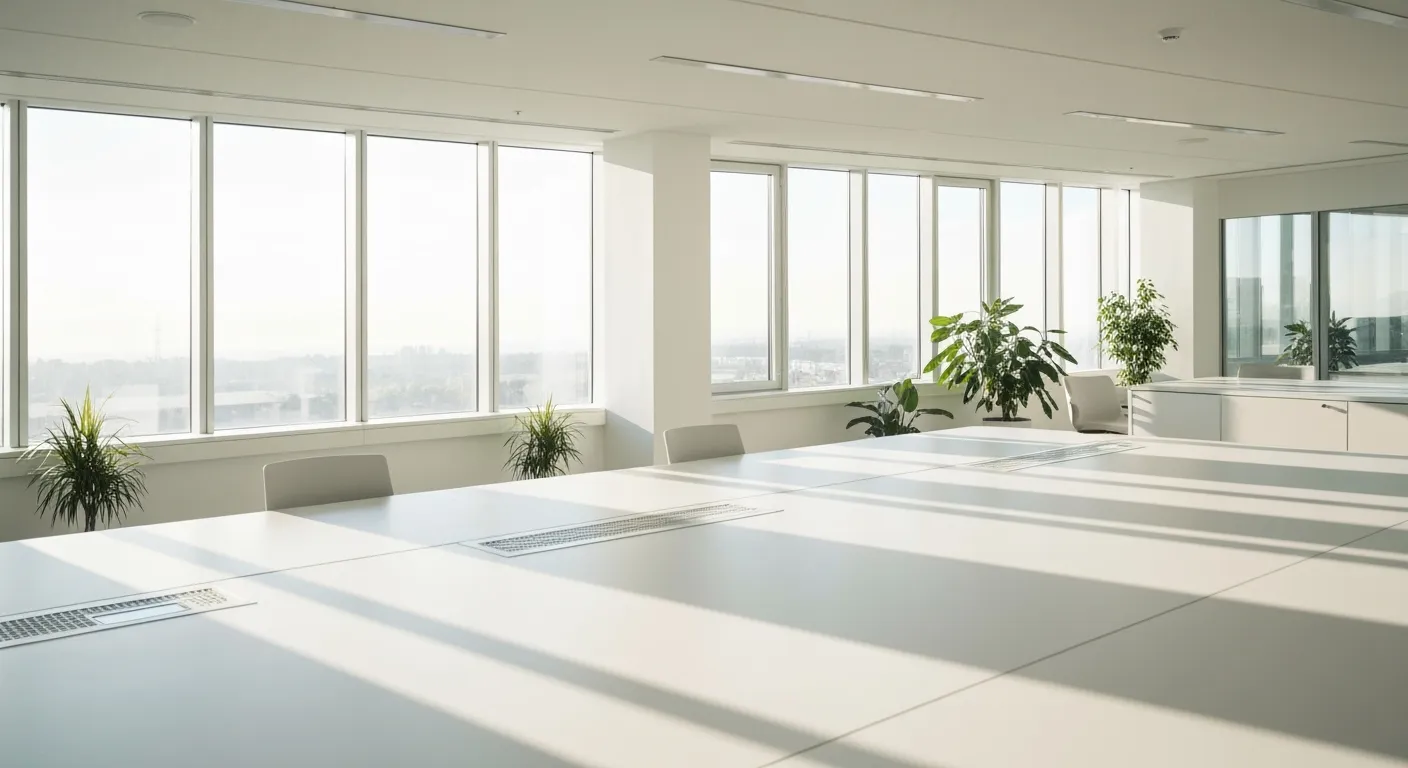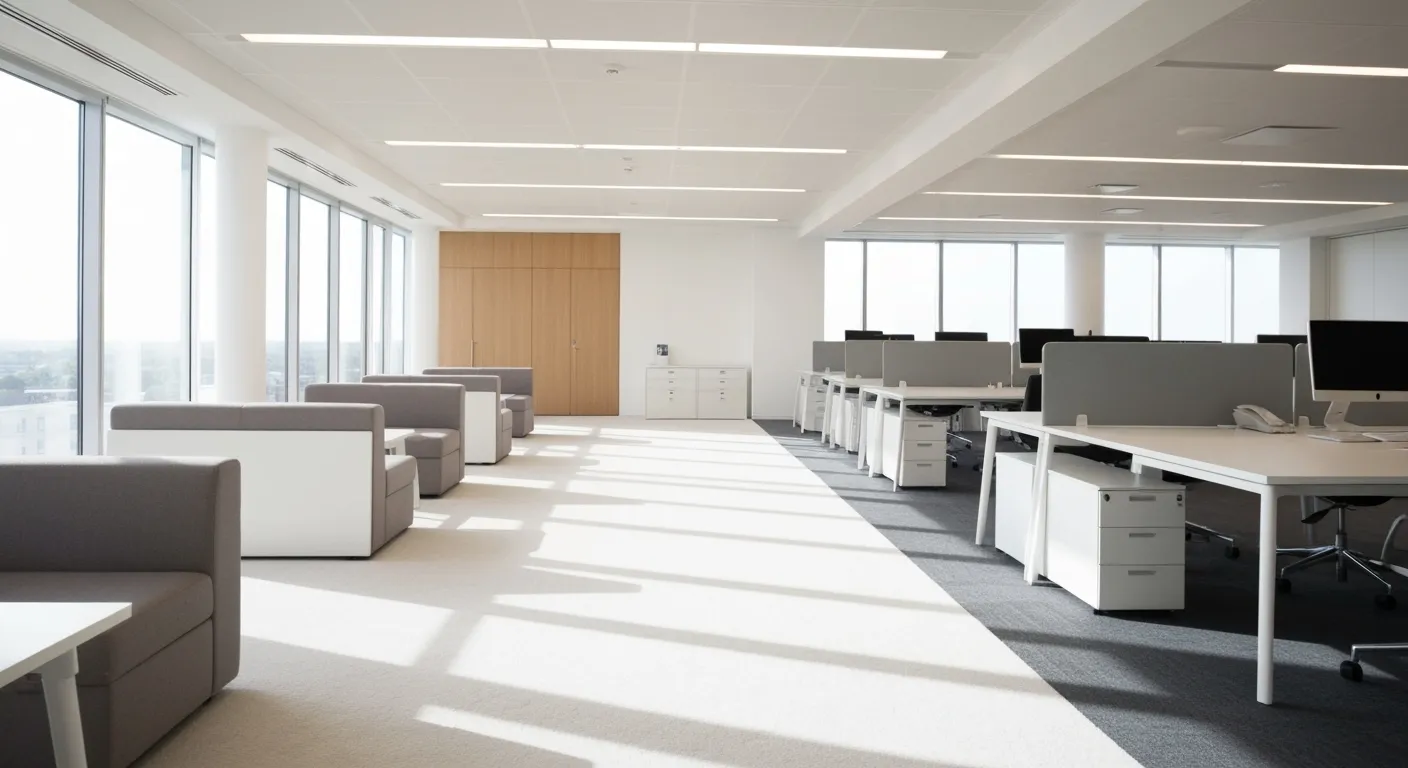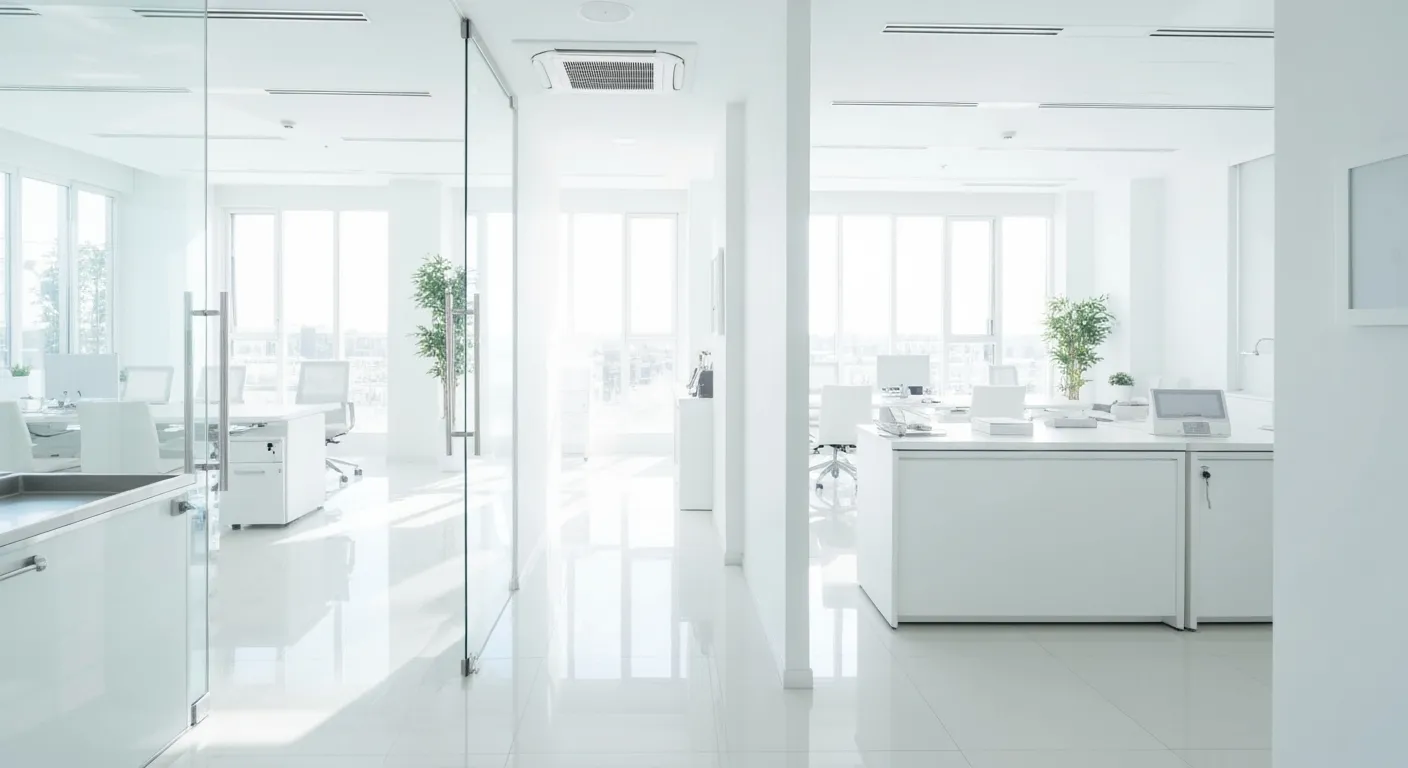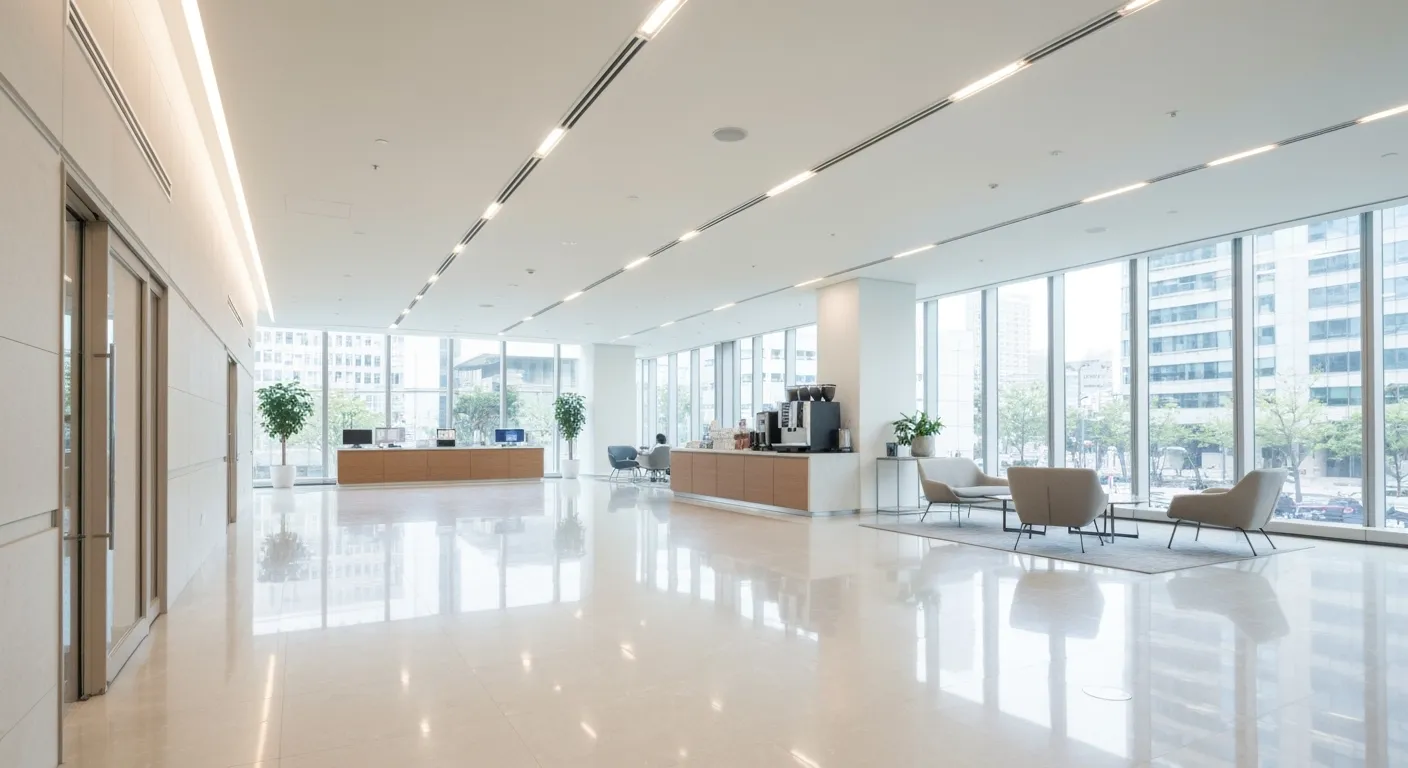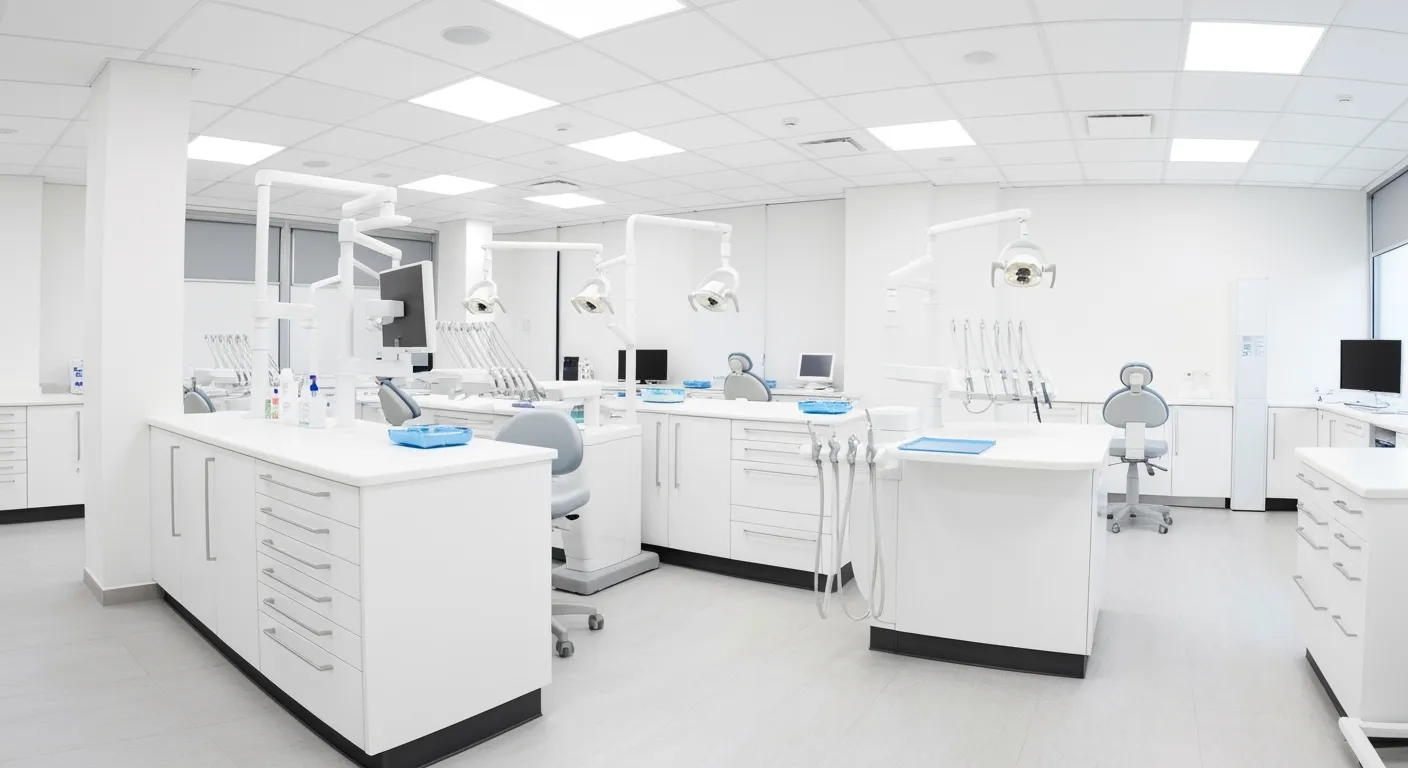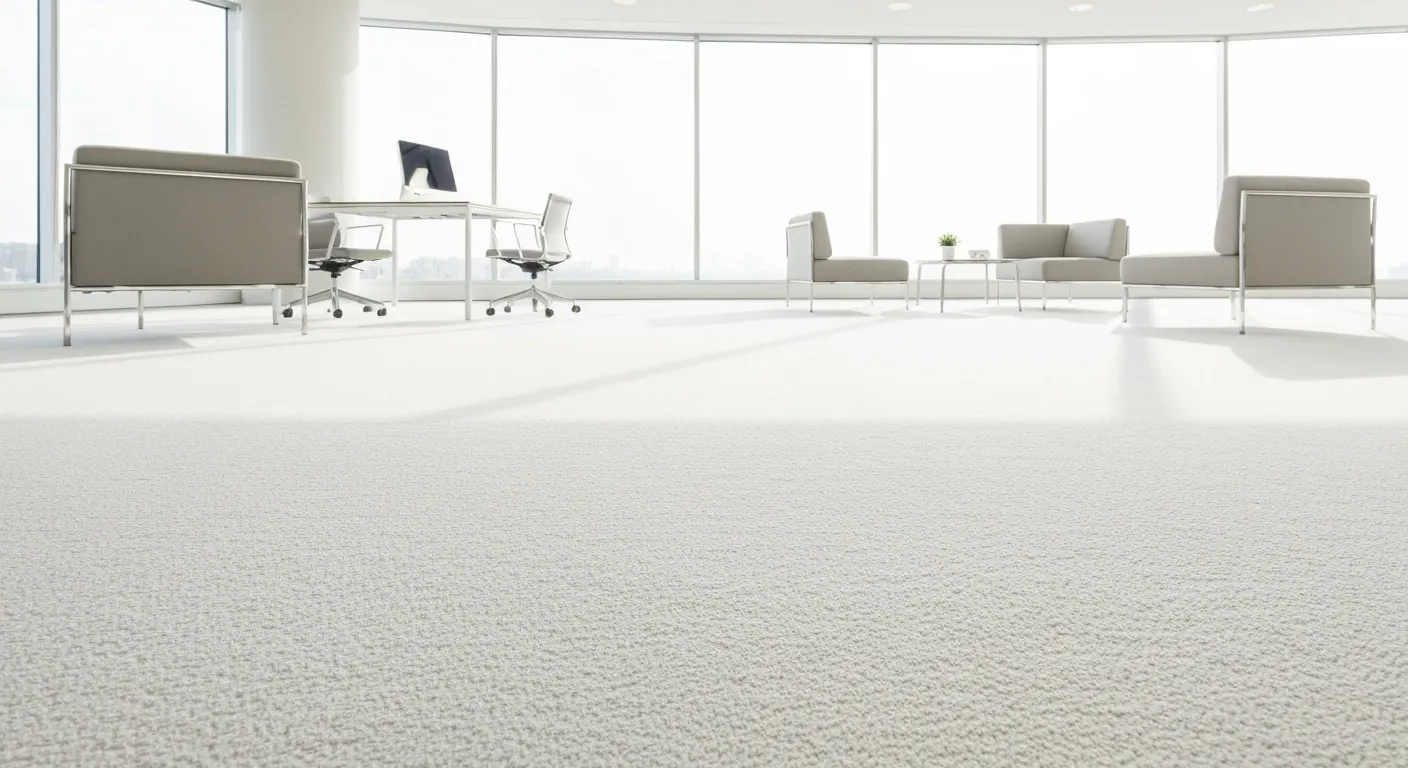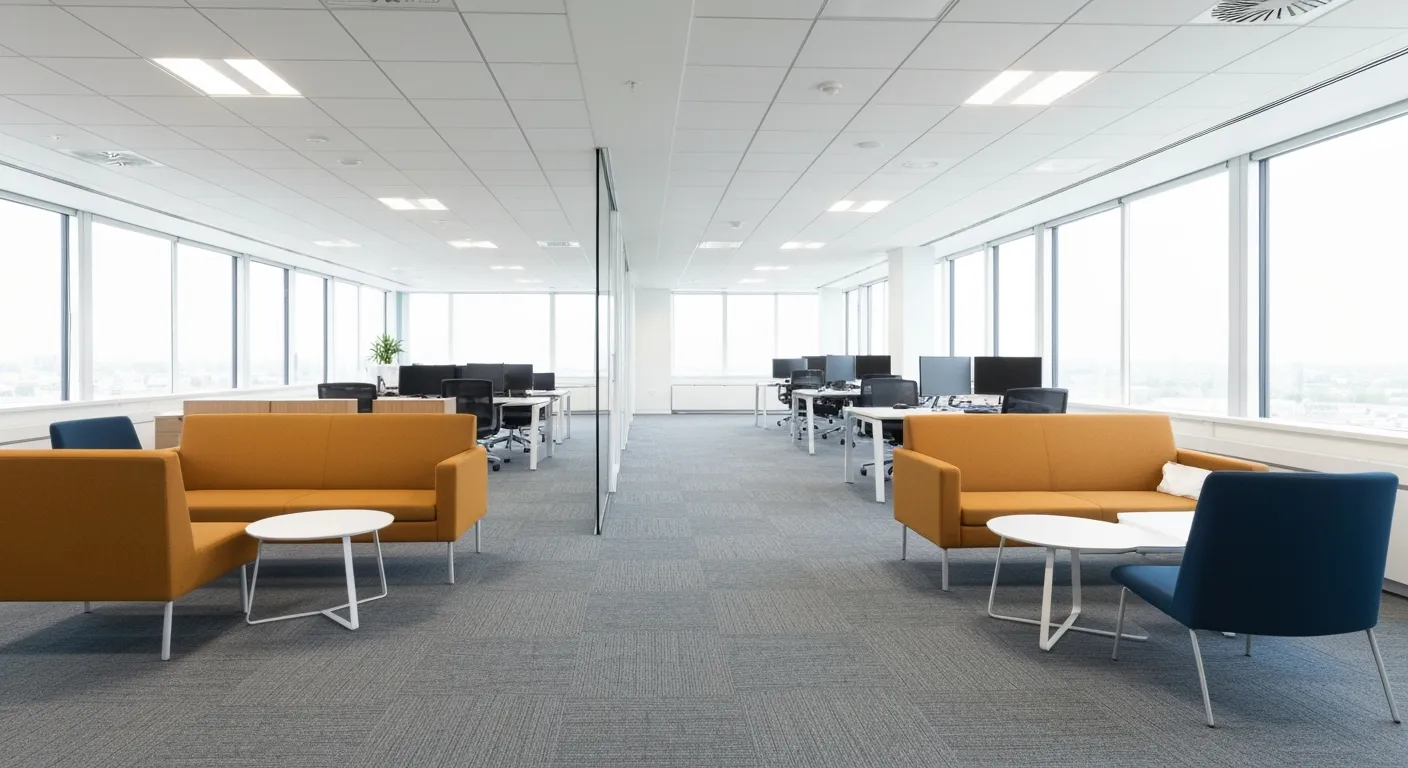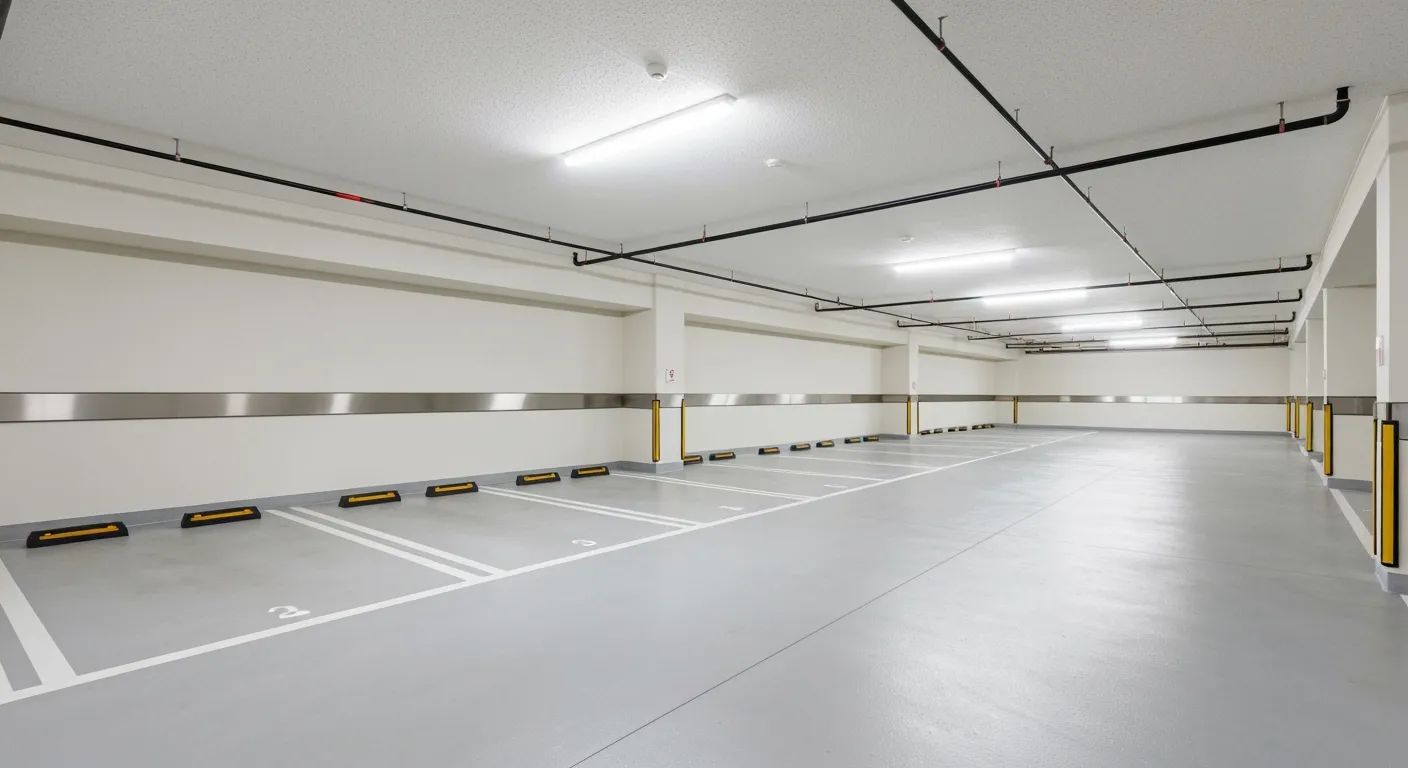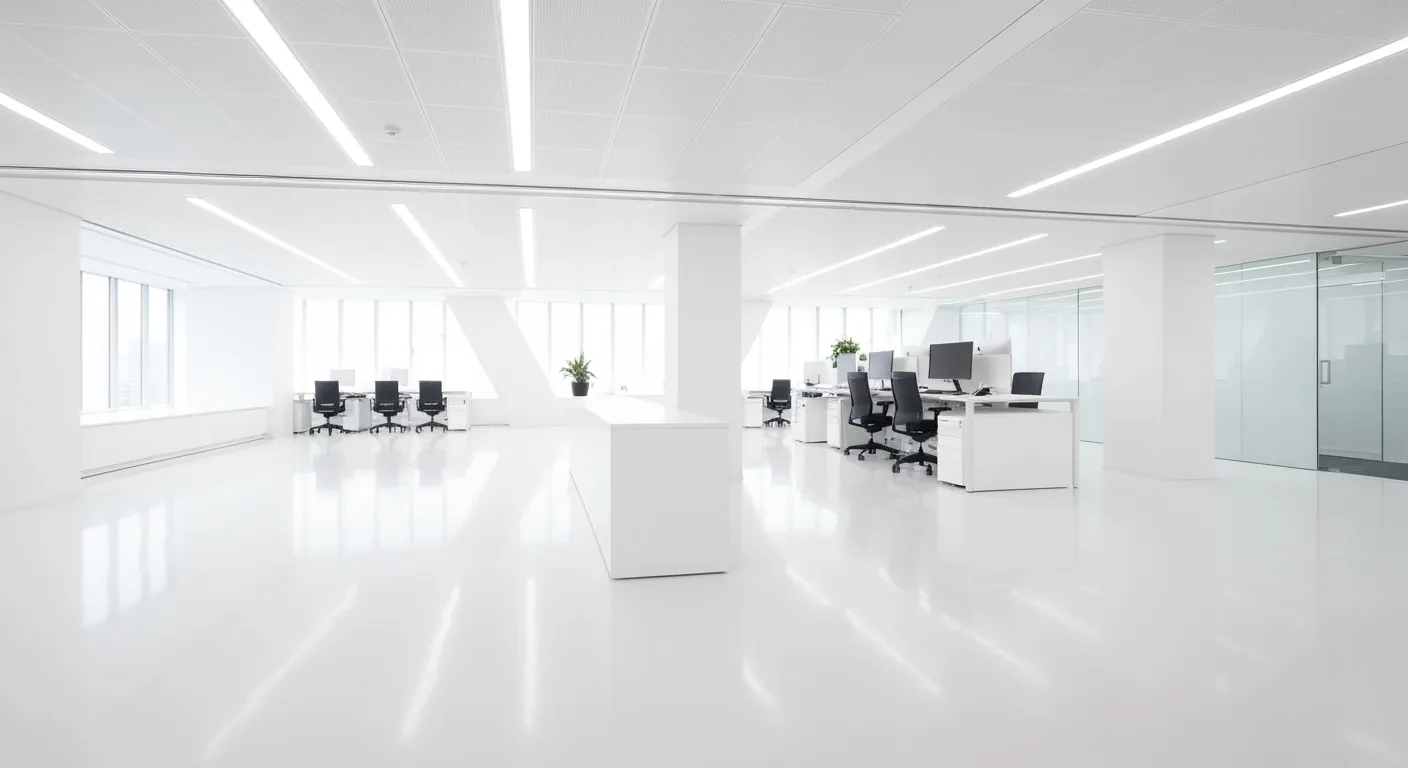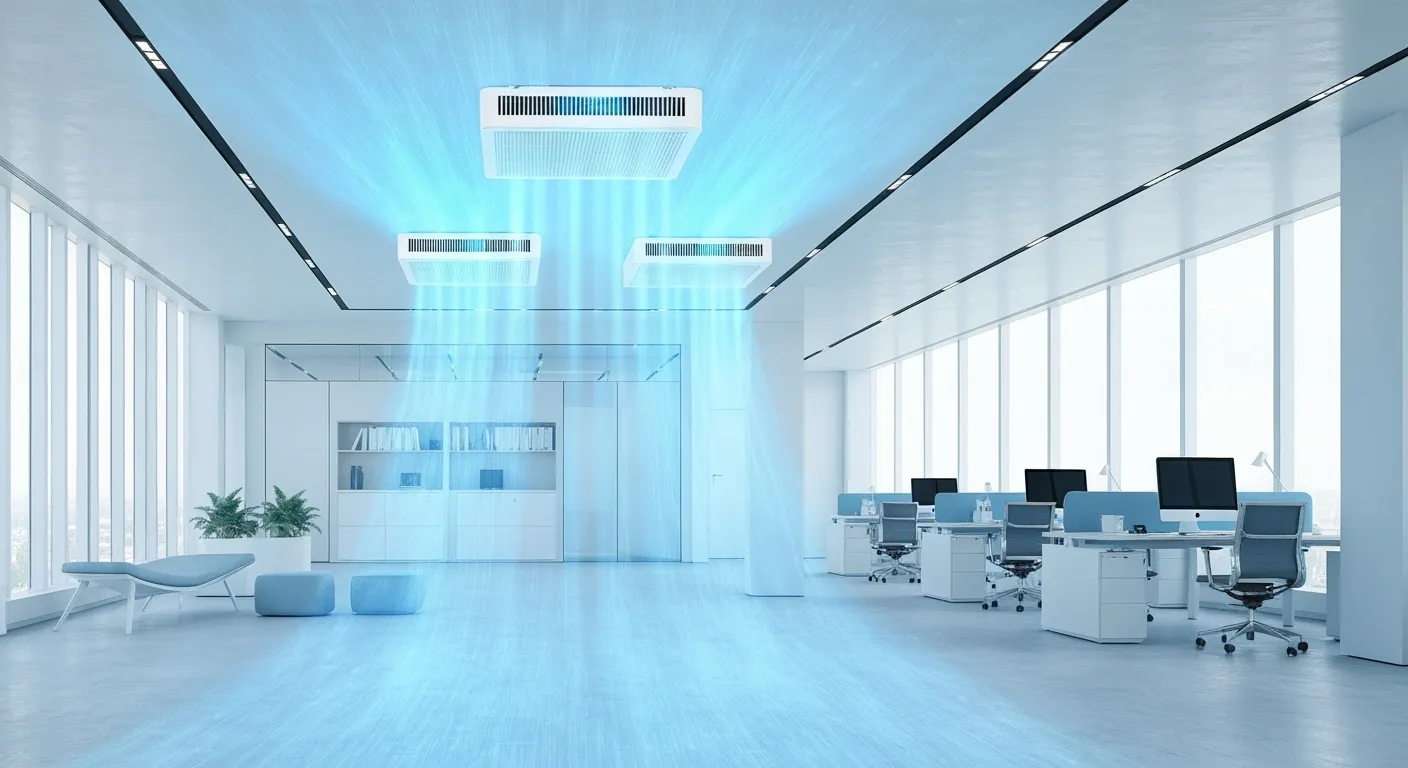The Difference Between Janitorial Services and Commercial Cleaning
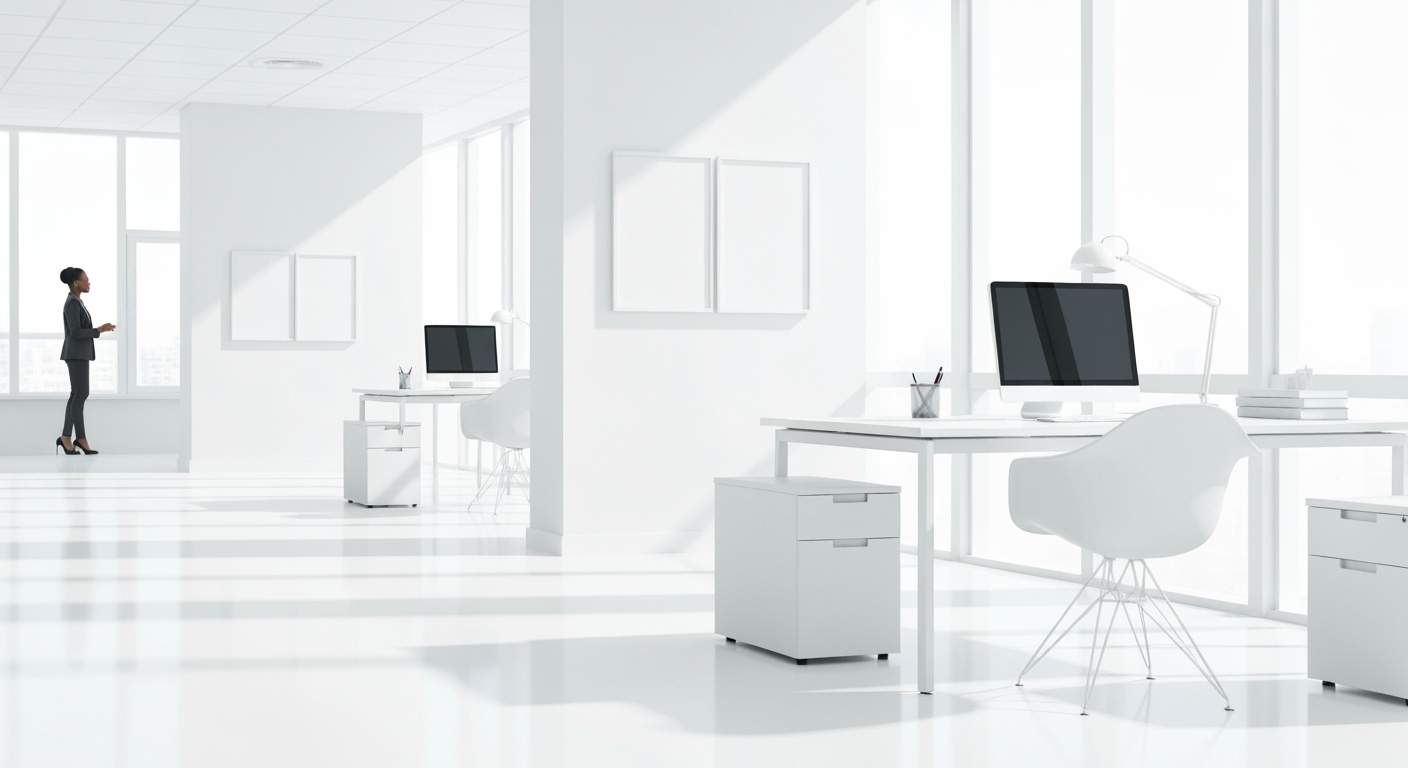
Setting the Stage for Cleanliness Choices
In the realm of maintaining professional and safe commercial spaces, cleaning services play a pivotal role. Businesses and organizations often face the decision of selecting the most appropriate cleaning approach to meet their unique needs. This article unpacks the key differences between janitorial services and commercial cleaning, helping readers grasp the scope, frequency, tools, roles, and purposes each type of service encompasses, ensuring informed decisions for cleaner, healthier environments.
Defining Commercial Cleaning and Its Scope

What qualifies as commercial cleaning?
Commercial cleaning involves professional services performed by specialized companies aimed at maintaining cleanliness in business and public spaces. These services are delivered by trained personnel equipped with advanced tools and environmentally friendly chemicals. The focus is on sanitizing and preserving a variety of environments like offices, hospitals, schools, retail shops, warehouses, and manufacturing facilities.
Environments served by commercial cleaning
Commercial cleaning is applicable across a wide range of locations that require more than routine cleaning. This includes medical facilities, educational institutions, retail outlets, industrial sites, and large corporate office buildings. Each environment demands tailored cleaning protocols to meet health and safety standards.
Specialized equipment and trained personnel
Unlike typical janitorial work, commercial cleaning employs specialized machinery such as industrial carpet extractors, high-pressure washers, and high-rise window cleaning equipment. Trained staff understand how to operate this equipment safely and effectively, often possessing certifications for handling hazardous or sensitive environments.
Examples of commercial cleaning tasks
Services include disinfecting high-touch surfaces, deep carpet cleaning, tile and grout restoration, power washing exteriors, cleaning air ducts, and specialized upholstery care. These tasks are generally scheduled less frequently but are crucial for maintaining hygiene and extending the lifespan of surfaces and furnishings.
Compliance, safety, and environmental considerations
Commercial cleaning providers follow strict safety regulations and industry standards. They utilize eco-friendly products to minimize environmental impact and ensure worker and occupant safety. Regular training on safety procedures and chemical handling is essential to maintain high standards.
In summary, commercial cleaning offers comprehensive, advanced cleaning solutions tailored to complex environments, emphasizing safety, compliance, and environmental responsibility. This specialized approach helps businesses meet health regulations, protect occupants, and present a professional image to clients and visitors.
Understanding Janitorial Services: Routine Maintenance and Daily Upkeep

What are the three main types of cleaning services?
The three main types of cleaning services are regular cleaning, deep cleaning, and specialized cleaning, which address different levels of cleaning requirements.
Purpose and frequency of janitorial services
Janitorial services focus on daily, routine cleaning tasks essential for maintaining a clean, safe, and healthy environment. These services are usually scheduled during regular business hours to keep spaces presentable and sanitary.
Typical janitorial tasks and tools
Common activities include sweeping and mopping floors, vacuuming carpets, dusting surfaces, cleaning restrooms, trash removal, disinfecting high-touch items like door handles, and replenishing supplies. Basic tools used in janitorial services consist of brooms, mops, vacuum cleaners, dusters, and cleaning agents.
Settings where janitorial services are commonly used
Janitorial work is prevalent in settings such as offices, hospitals, banks, factories, retail stores, and educational institutions. These environments require consistent daily maintenance to ensure operational hygiene and safety.
Role of janitors and day porters
Janitors perform routine cleaning duties, often working after hours, while day porters provide high-quality daytime maintenance. Day porters handle tasks like cleaning desks, wiping knob handles, emptying trash cans, and straightening rooms during business hours.
Benefits of routine cleaning and consistent maintenance
Regular janitorial services help in creating a positive first impression, reducing health risks, and maintaining compliance with health and safety standards. Consistent upkeep also minimizes the need for costly restorations by preventing the buildup of dirt, stains, or bacteria.
Overall, janitorial services are fundamental for the daily safety, hygiene, and smooth operation of various facilities, ensuring that the environment remains welcoming and well-maintained.
Key Differences Between Janitorial Services and Commercial Cleaning
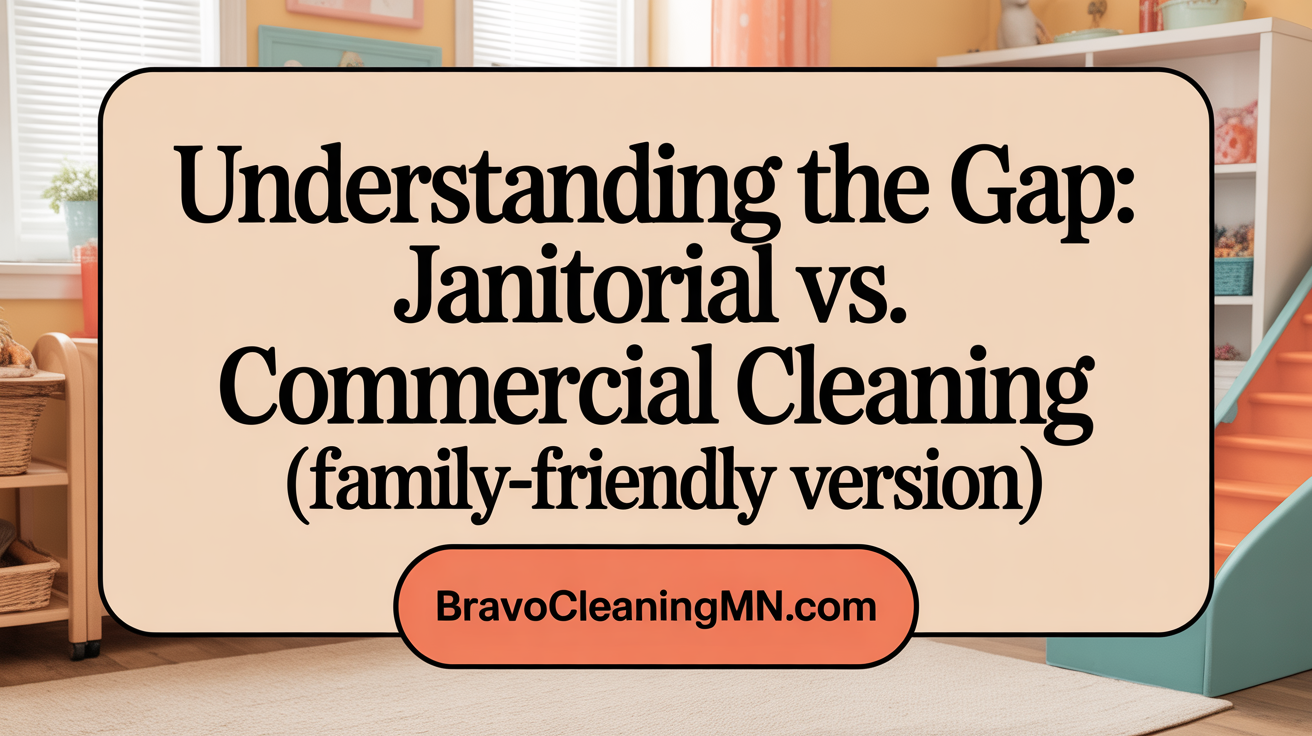
What is the difference between janitorial services and commercial cleaning?
Janitorial services and commercial cleaning are terms often used interchangeably but refer to different levels of cleaning tasks for businesses. Janitorial services focus on daily or frequent maintenance such as dusting, trash removal, restroom sanitation, mopping, and vacuuming. These are routine tasks aimed at keeping a facility clean day-to-day.
Commercial cleaning, in contrast, involves more extensive and specialized cleaning activities that are usually scheduled less frequently, such as deep carpet cleaning, window washing, tile and grout cleaning, and floor stripping or waxing. These require advanced equipment, trained personnel, and are often part of periodic deep-cleaning programs.
For businesses, understanding these differences helps determine their cleaning needs. Routine janitorial services maintain everyday cleanliness and prevent the buildup of dirt and germs, while commercial cleaning targets deep-seated dirt, stains, or sanitation issues that cannot be managed through daily routines.
Differences in tasks, scope, and responsibilities
Janitorial services include simple, routine tasks like:
- Sweeping and mopping floors
- Trash collection
- Restroom cleaning and disinfecting
- Dusting surfaces
- Restocking supplies
Commercial cleaning involves larger, less frequent projects such as:
- Carpet and upholstery cleaning
- High-pressure washing
- Window and exterior building cleaning
- Floor stripping and waxing
- Deep sanitation for health-critical environments
The scope of janitorial work is more about maintenance, while commercial cleaning handles the deep cleaning and specialized tasks.
Frequency of service and scheduling
Janitorial services are typically performed daily or several times a week, often during working hours, to ensure continuous upkeep.
Commercial cleaning is usually scheduled on a monthly, quarterly, or annual basis, depending on the needs of the space. These services tend to be less frequent but more intensive.
Tools, equipment, and employee training
Janitorial staff use basic tools such as brooms, mops, vacuum cleaners, and simple cleaning agents. They often have general training in cleaning procedures.
Commercial cleaning teams are equipped with specialized tools like commercial carpet extractors, high-pressure washers, and high-reach window washing equipment. Personnel are trained for specific environments and tasks, such as handling hazardous chemicals or operating complex machinery.
Complexity and intensity of cleaning needed
The cleaning level in janitorial services is lighter, focusing on routine maintenance that keeps facilities safe and sanitary.
Commercial cleaning involves complex and intensive processes, such as deep cleaning of carpets or stripping and waxing floors, often requiring safety protocols and specialized skills.
Examples illustrating distinct roles of each service
Janitorial Service Example: A small office employs janitorial staff who clean restrooms, sweep floors, empty trash, and vacuum daily.
Commercial Cleaning Example: A large retail store contracts a commercial cleaner to deep clean carpets, wash windows, and perform tile grout cleaning quarterly.
Both services are integral in maintaining a clean environment; janitorial services handle daily maintenance, while commercial cleaning provides periodic deep-cleaning needed for hygiene and surface longevity.
| Aspect | Janitorial Service | Commercial Cleaning | Additional Details |
|---|---|---|---|
| Tasks | Routine cleaning | Deep cleaning / specialized | Frequency varies; daily vs. periodic |
| Equipment | Basic tools | Specialized machinery | Skill level varies |
| Employees | General training | Specialized training | Focused on environment |
| Scheduling | Daily/weekly | Monthly/yearly | Based on business needs |
| Environment | Offices, hospitals, retail | Large facilities, specialized environments | Larger projects require more planning |
Employers should evaluate their specific facility requirements and choose the appropriate mix of services to ensure both daily cleanliness and deep sanitation.
Comparing Frequency, Tools, Responsibilities, and Scope

How do janitorial services and commercial cleaning differ in frequency, tools, responsibilities, and scope?
Janitorial services mainly consist of everyday cleaning routines that keep a building clean and hygienic on a regular basis. These tasks include trash removal, floor sweeping and mopping, vacuuming, dusting, restroom sanitation, and disinfecting high-touch surfaces. Typically, janitorial services are scheduled daily or several times a week, often during normal business hours so routines integrate smoothly into daily operations.
The tools used in janitorial services are generally basic and include mops, brooms, vacuum cleaners, dusters, and cleaning agents. Staff performing janitorial tasks are trained in general cleaning procedures, safety, and hygiene practices, ensuring consistent maintenance.
In contrast, commercial cleaning services involve less frequent but more intensive and often more specialized cleaning activities. These are scheduled monthly, quarterly, or on an as-needed basis to perform deep-cleaning tasks that go beyond regular maintenance.
Commercial cleaning requires advanced equipment such as commercial-grade carpet cleaners, high-pressure washers, window cleaning rigs, and specialized chemicals for tasks like grout cleaning or upholstery sanitation. The responsibilities also extend into areas like deep carpet extraction, tile and grout scrubbing, hard-floor polishing, window washing, and HVAC vent cleaning.
The scope of commercial cleaning is broader and more complex, addressing safety, health, and appearance standards. It caters to large facilities like hospitals, schools, hotels, or manufacturing plants, often involving stringent protocols and highly trained personnel.
Overall, janitorial services are designed to ensure consistent daily cleanliness with basic tools and responsibilities, maintaining a safe and healthy environment in smaller or average-sized facilities. Commercial cleaning, on the other hand, emphasizes deep cleaning and surface restoration, utilizing specialized tools and skills to handle complex and less frequent tasks that uphold safety and hygiene standards over the long term.
Making the Right Choice: Combining and Tailoring Services for Business Needs

Assessing business size, needs, and budget
Businesses should start by evaluating their size, daily foot traffic, and specific cleaning challenges. Small offices may only require basic janitorial services, such as trash removal and restroom sanitation. Larger facilities, like hospitals or warehouses, might need both routine janitorial care and occasional deep cleaning.
It's also important to consider the budget. Regular janitorial services often cost less and provide ongoing upkeep. More extensive cleaning, like carpet extraction or window washing, typically involves additional costs and scheduling.
Benefits of combining janitorial and commercial cleaning
Using a hybrid approach offers comprehensive maintenance. Daily janitorial services keep spaces tidy and hygienic, creating a positive environment. Periodic commercial cleaning deep cleans surfaces, removes stains, and maintains long-term cleanliness.
This combination ensures that facilities are always presentable and safe, reducing potential health issues and preventing costly repairs from neglect.
Customizing cleaning schedules and services
Flexibility is vital. Standard janitorial tasks like dusting and trash disposal are scheduled daily or several times a week. Deep cleaning projects can be planned quarterly, semi-annually, or seasonally, depending on the facility's needs.
Customized programs might include scheduling deep carpet cleaning during low-traffic periods or disinfecting high-touch surfaces multiple times a day, especially in health-sensitive environments.
Advantages of professional cleaning for health and image
Professional cleaning significantly improves health by sanitizing surfaces, reducing germs, and controlling allergens. It also enhances a business’s image, making a professional space more inviting for clients and employees.
Deep cleaning services help maintain the longevity of surfaces and equipment, preserving the facility’s value and appearance.
Recommendations for choosing a cleaning provider
Select a provider experienced in both janitorial and commercial cleaning. Check their credentials, insurance, and compliance with health regulations, especially if handling sensitive environments.
Ask about customized plans, environmentally friendly practices, and technology use. Reviews and references can help assess reliability and quality.
By carefully assessing needs and combining services, businesses can maintain a pristine, healthy workspace that supports their operations and reputation.
Choosing Between Janitorial and Commercial Cleaning Services
Selecting the appropriate cleaning service is essential for maintaining a clean, safe, and professional commercial environment. Janitorial services provide consistent, routine upkeep to ensure daily cleanliness, while commercial cleaning offers specialized, deep-cleaning expertise for complex tasks and periodic maintenance. Many businesses find that combining both services offers comprehensive coverage, balancing frequency and thoroughness to preserve facility appearance and hygiene. Understanding the distinctions, assessing specific cleaning needs, and partnering with reputable providers empower organizations to create healthier workplaces, enhance employee productivity, and present a polished image to customers and visitors.
References
- Commercial Cleaning vs. Janitorial Cleaning
- Janitorial vs Commercial Cleaning Service: What's the difference?
- Janitorial Services vs. Commercial Cleaning Services - lacosta
- Janitorial Services Vs. Commercial Cleaning: What's the Difference?
- The Differences Between Janitorial Services and Commercial Office ...
- Commercial Cleaning Vs. Janitorial Cleaning Services
- Janitorial Versus Cleaning Services: What's the Difference?


